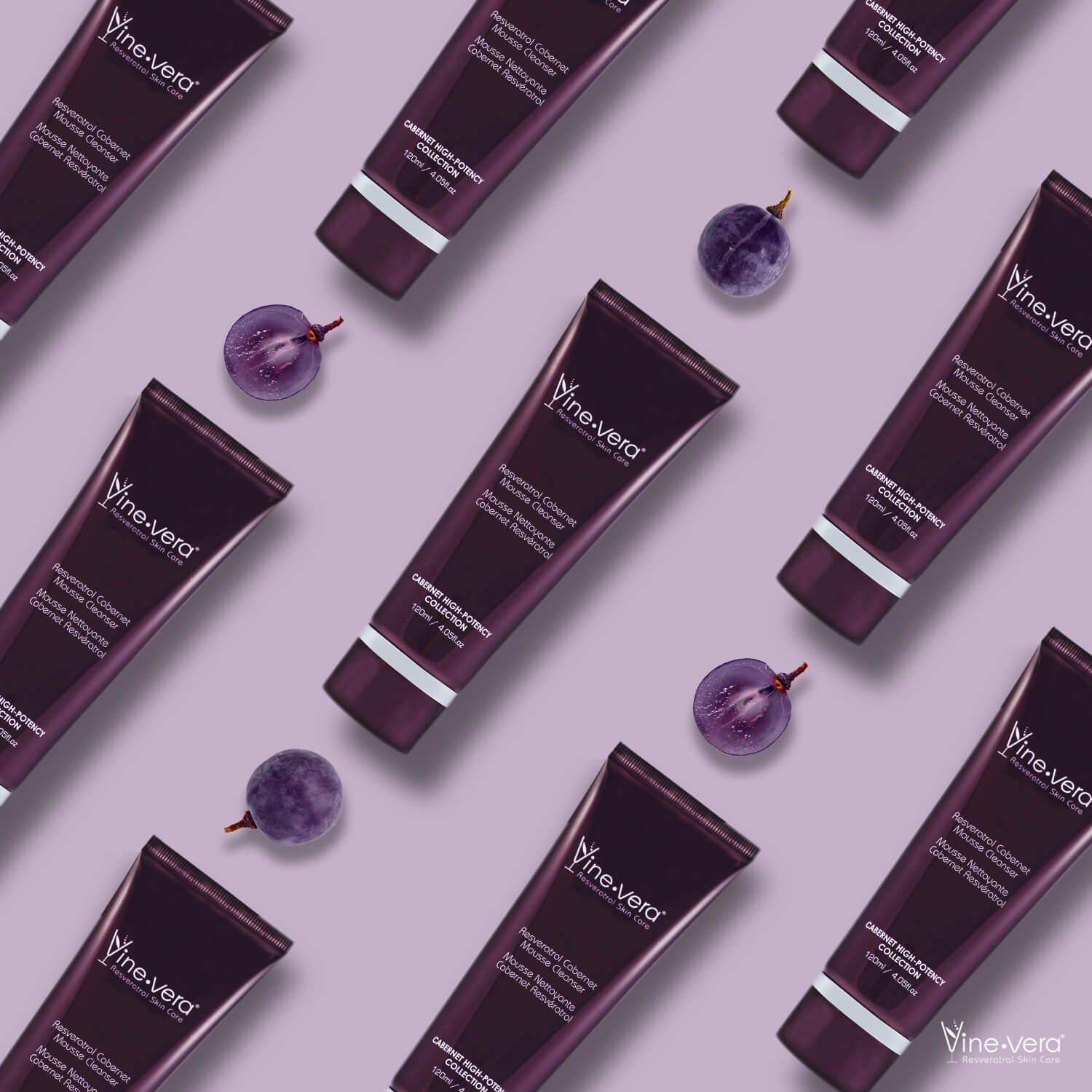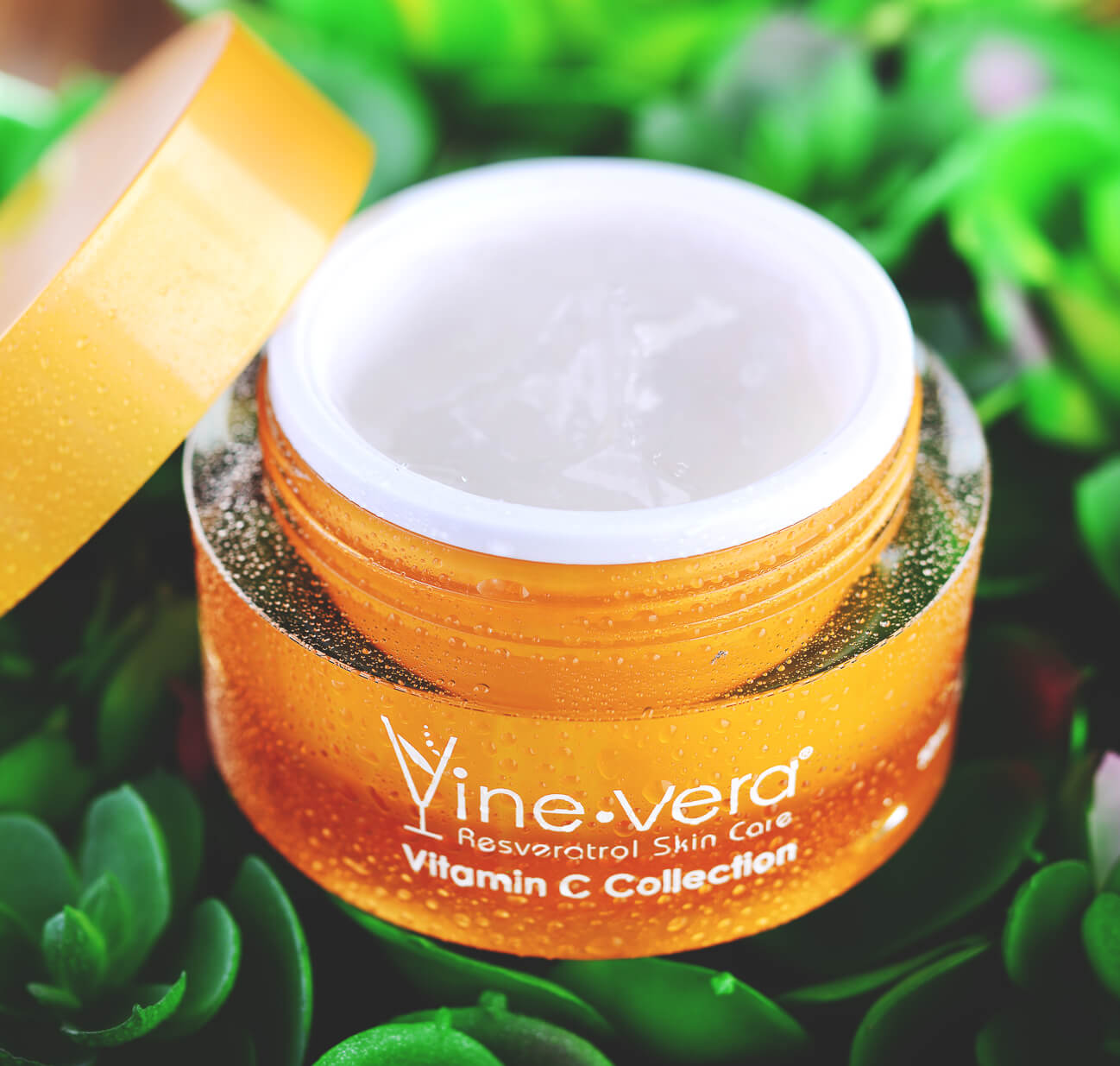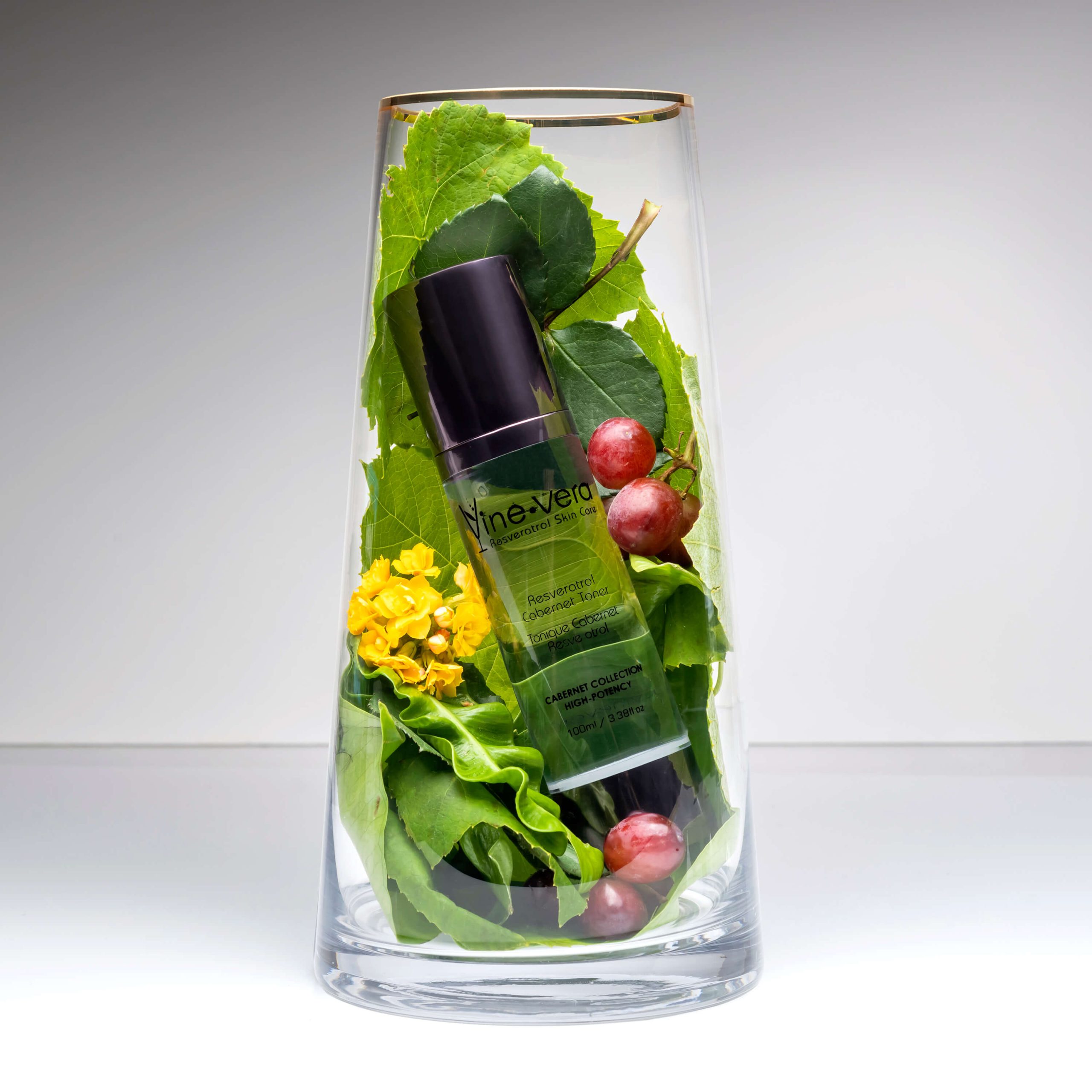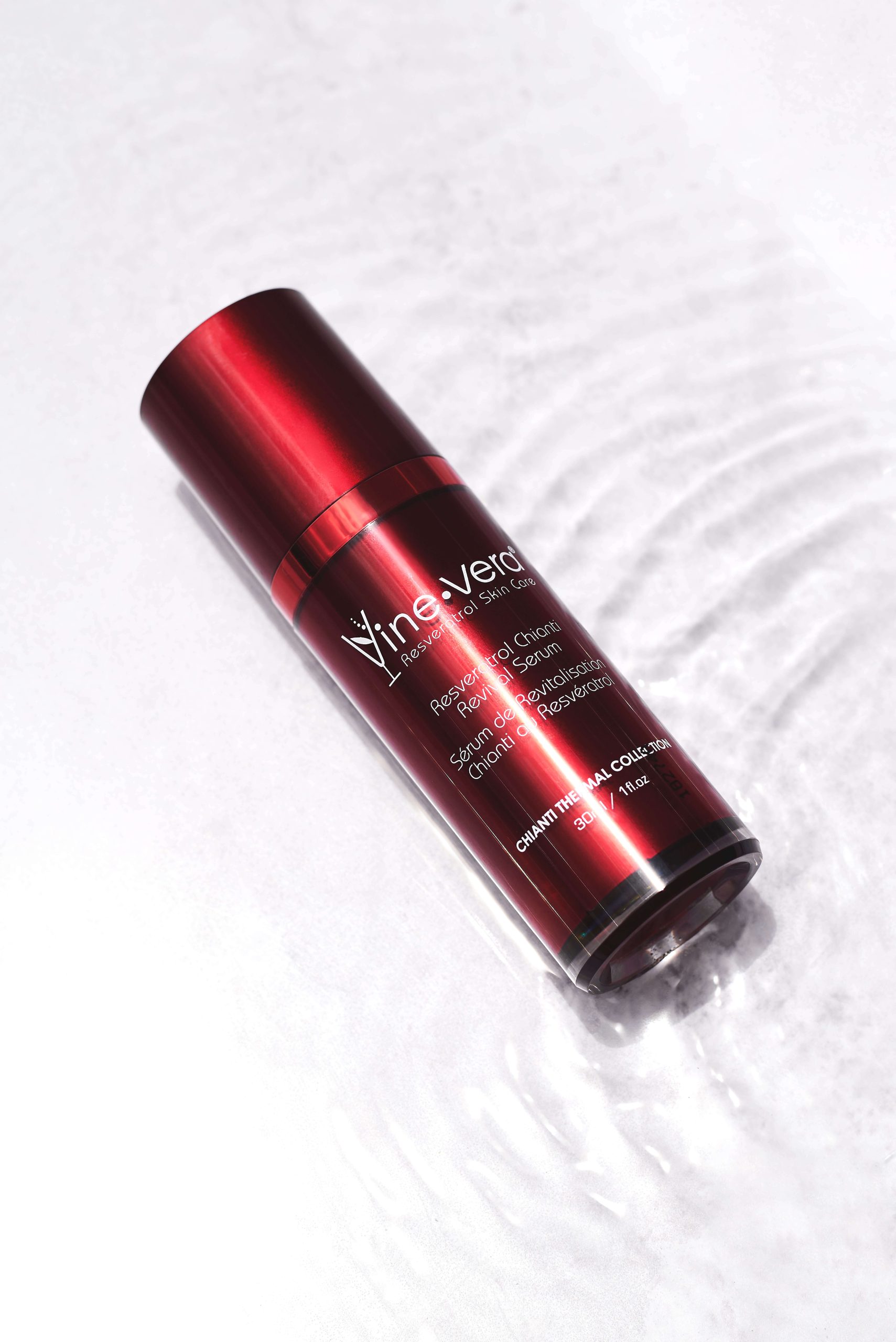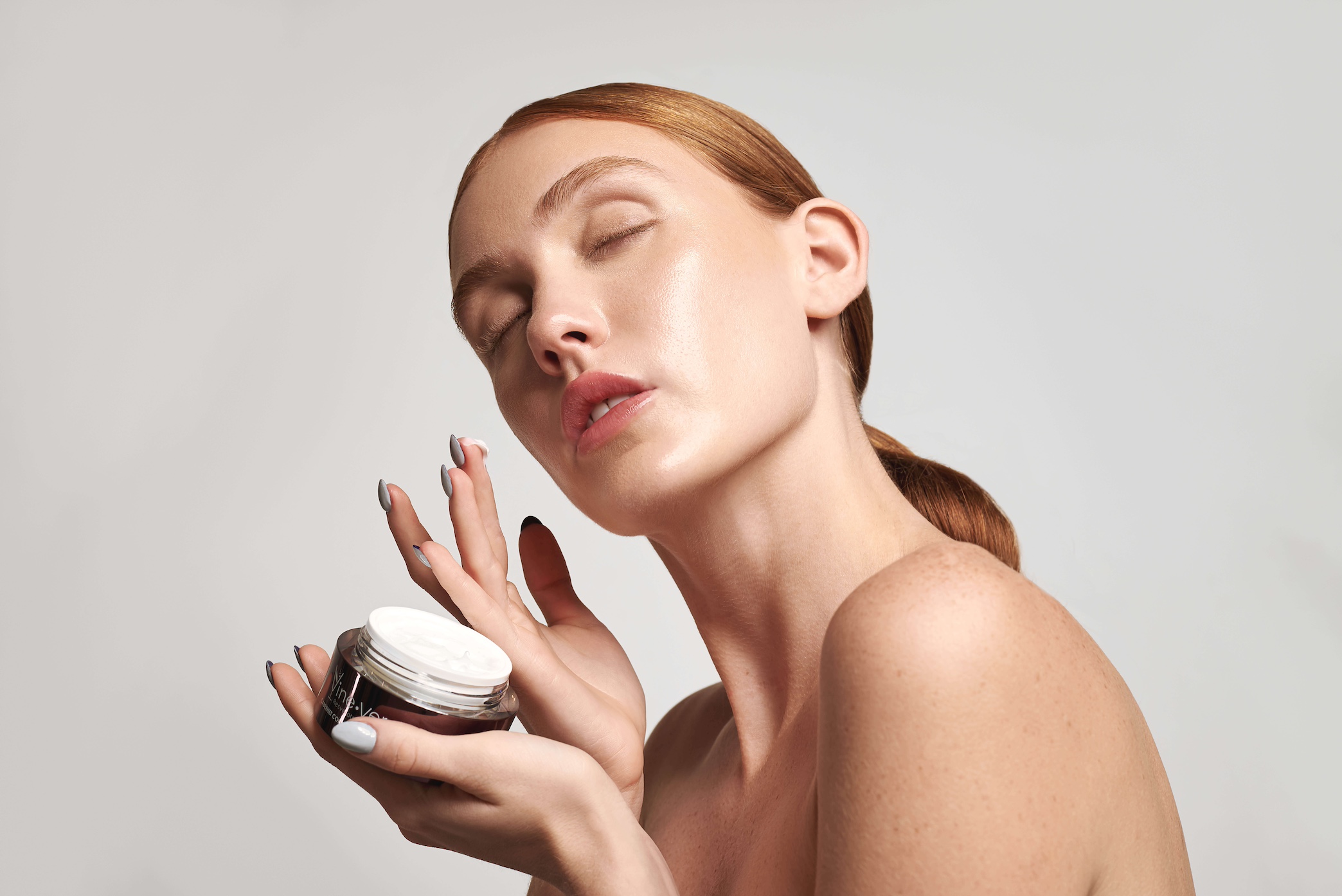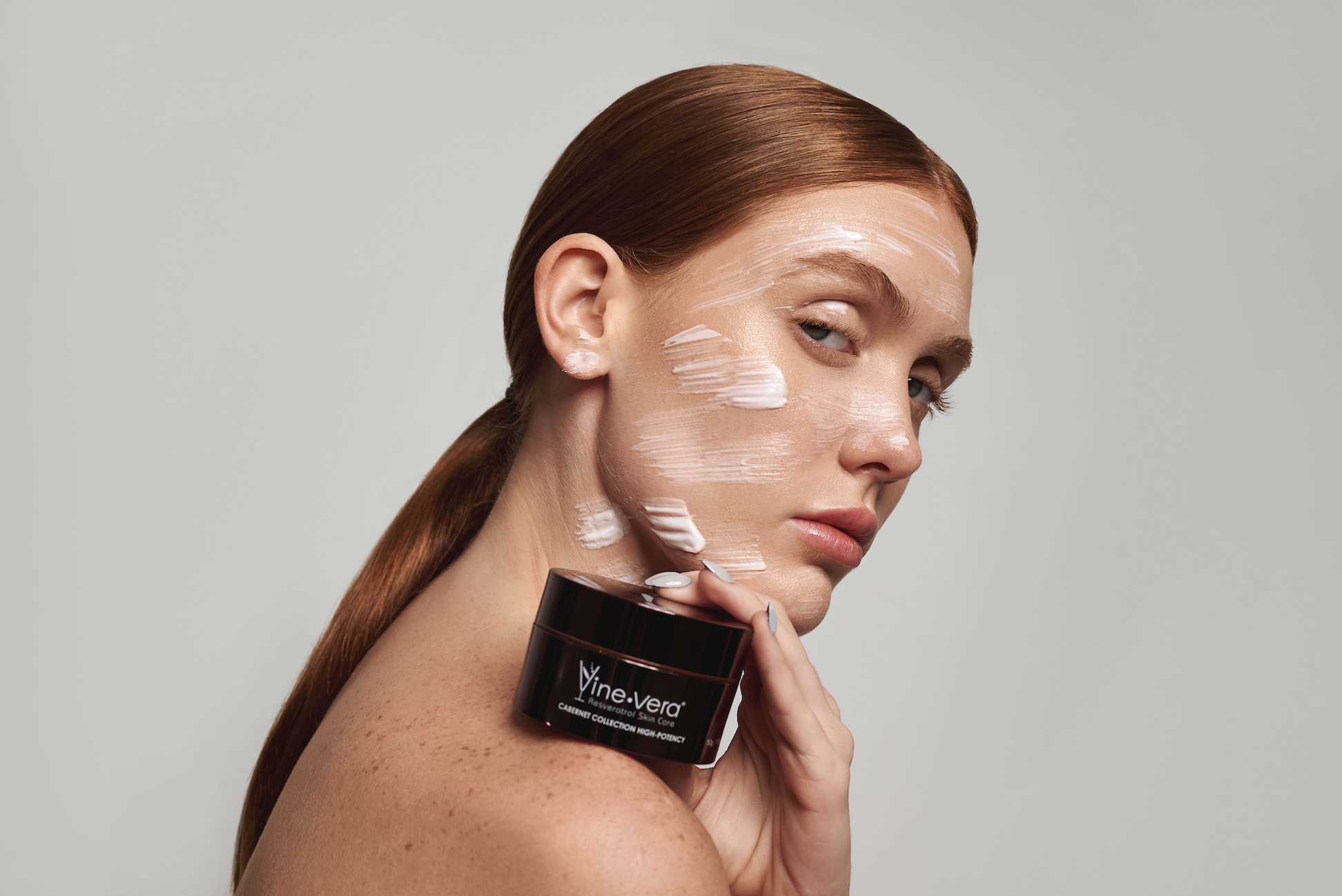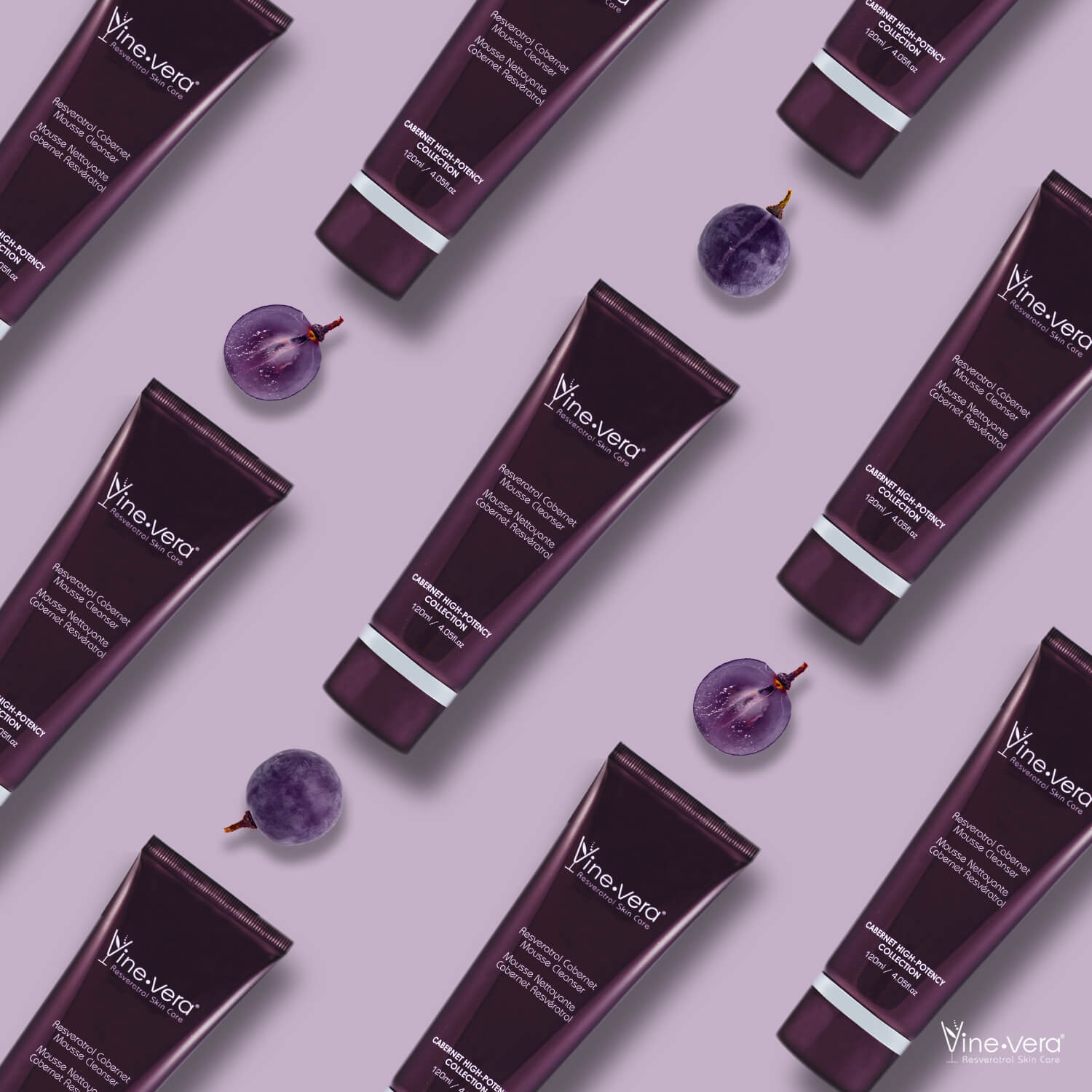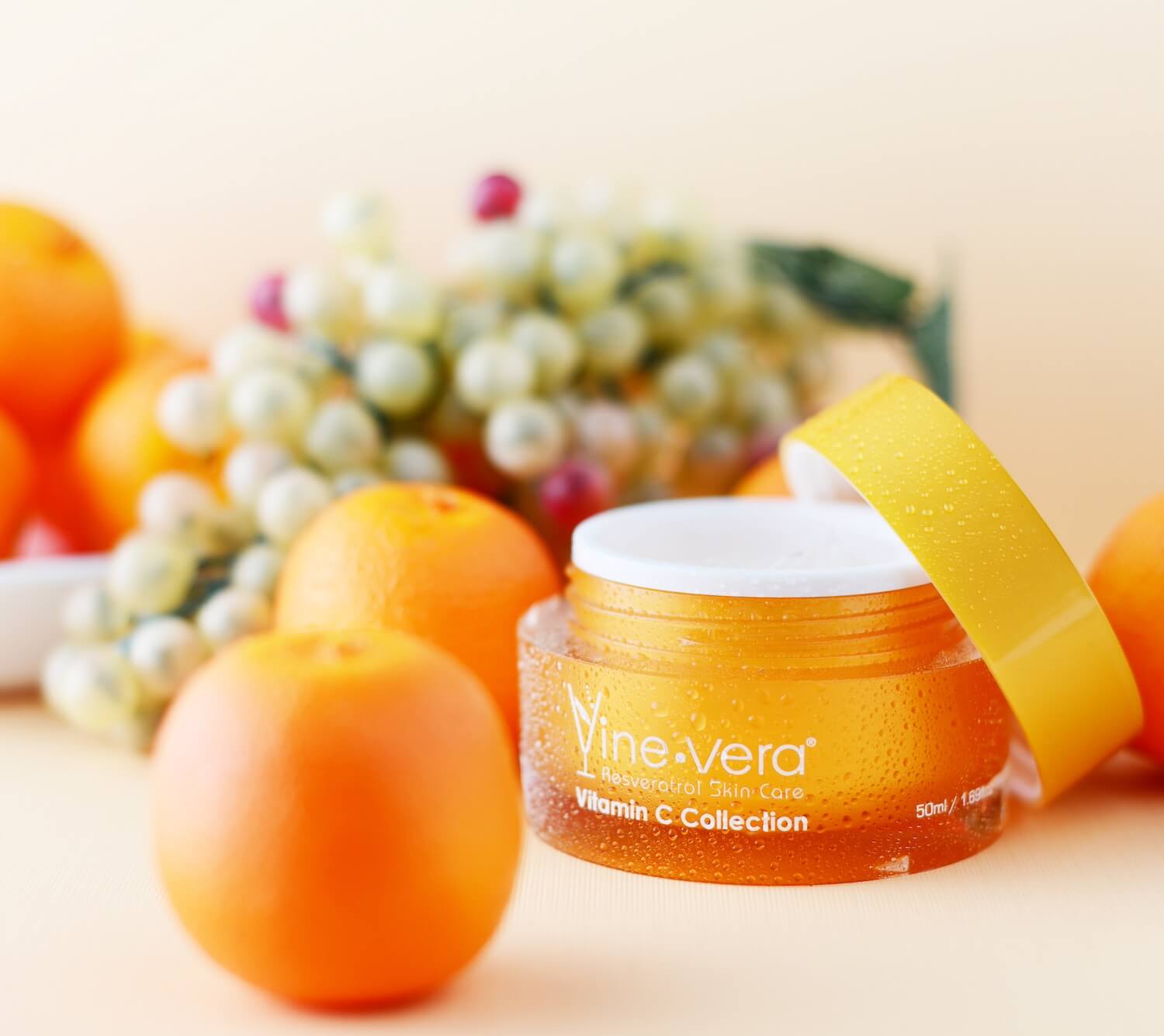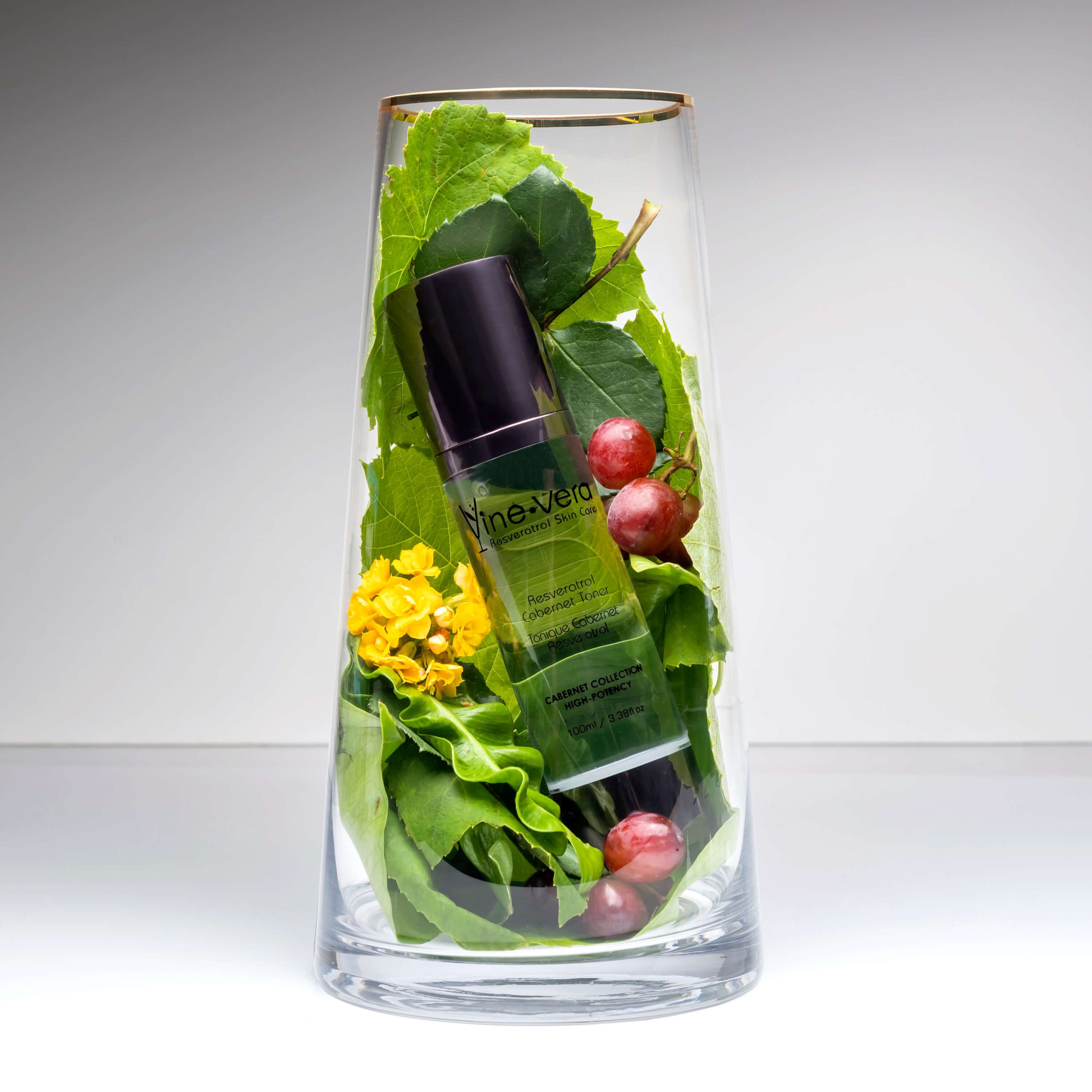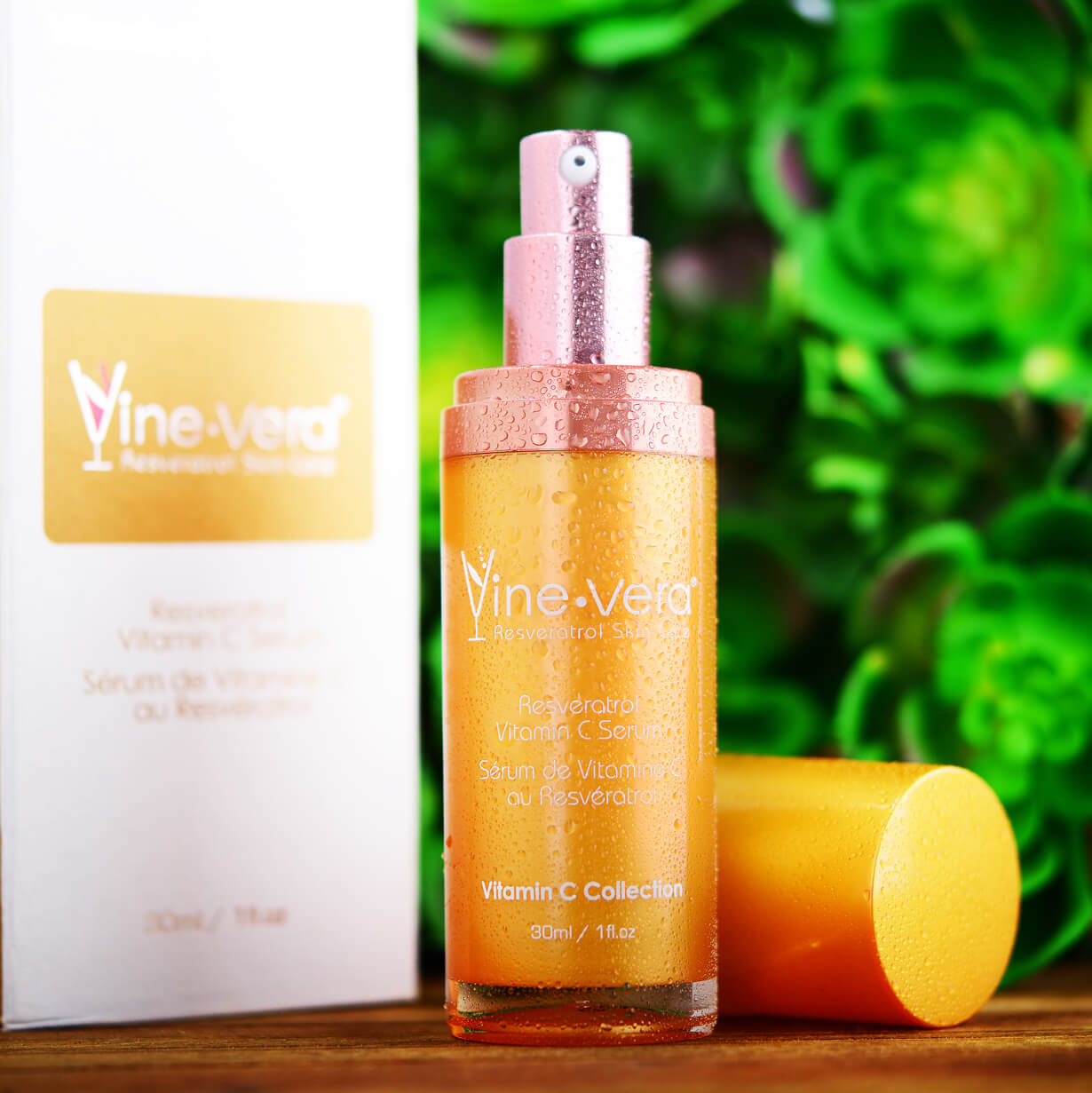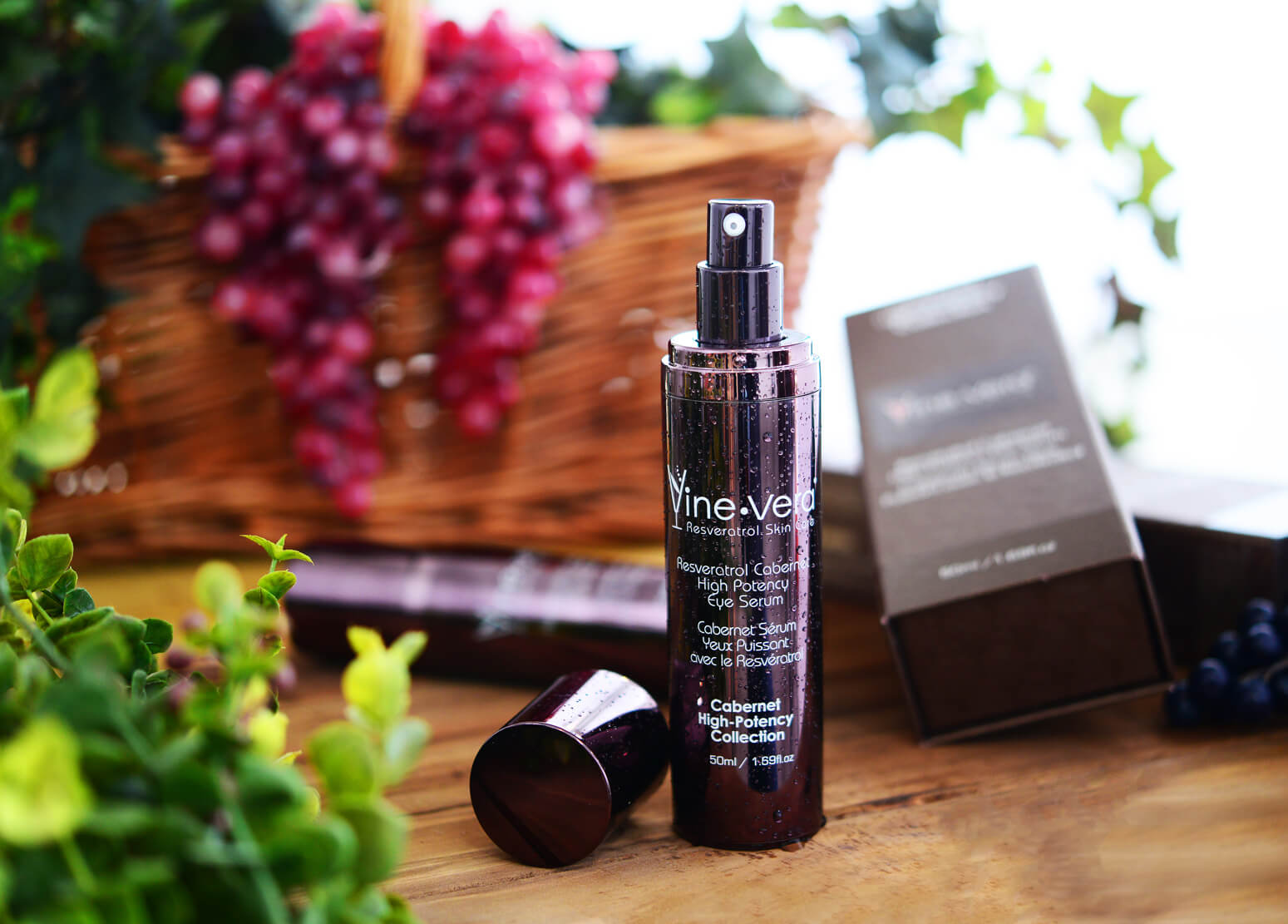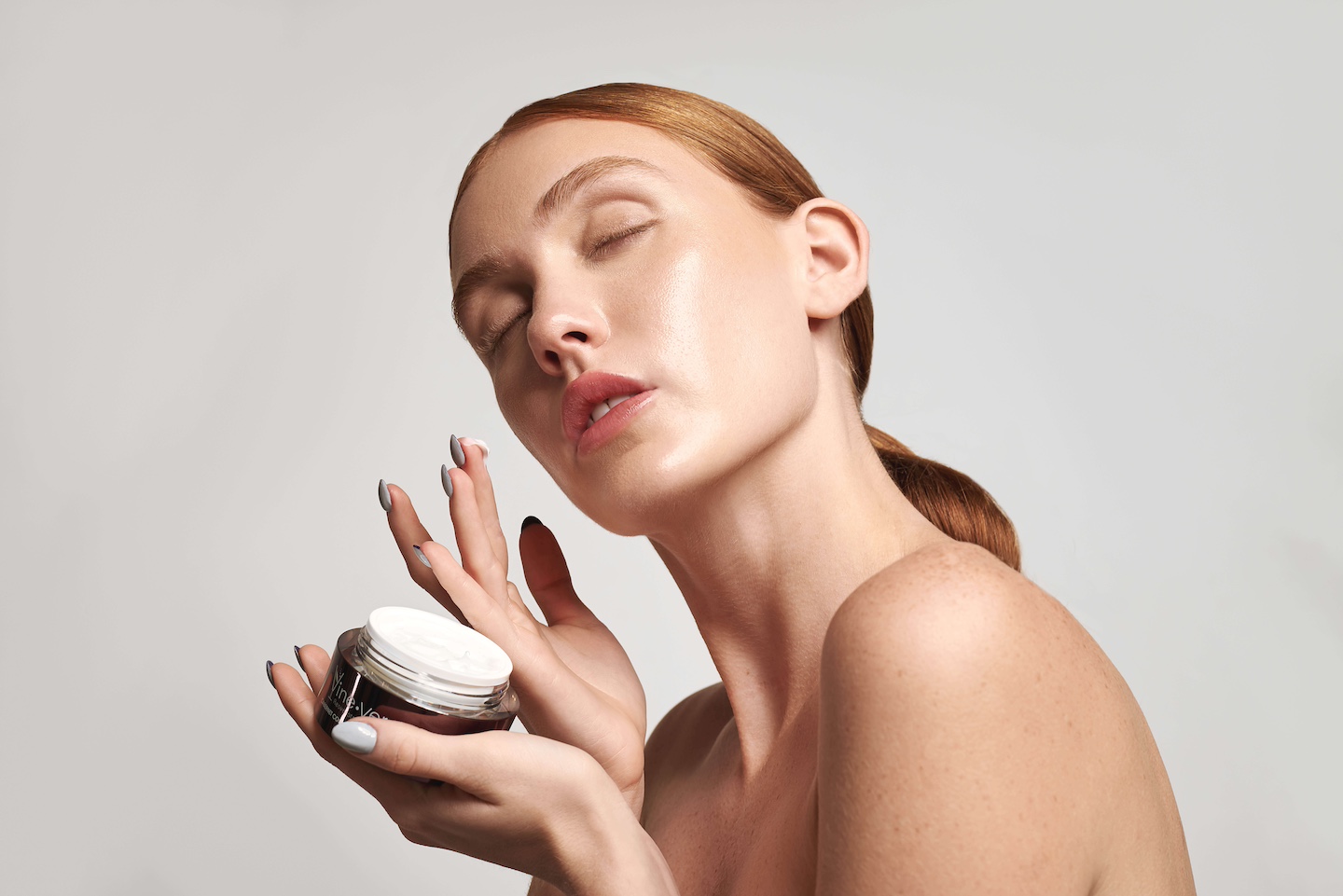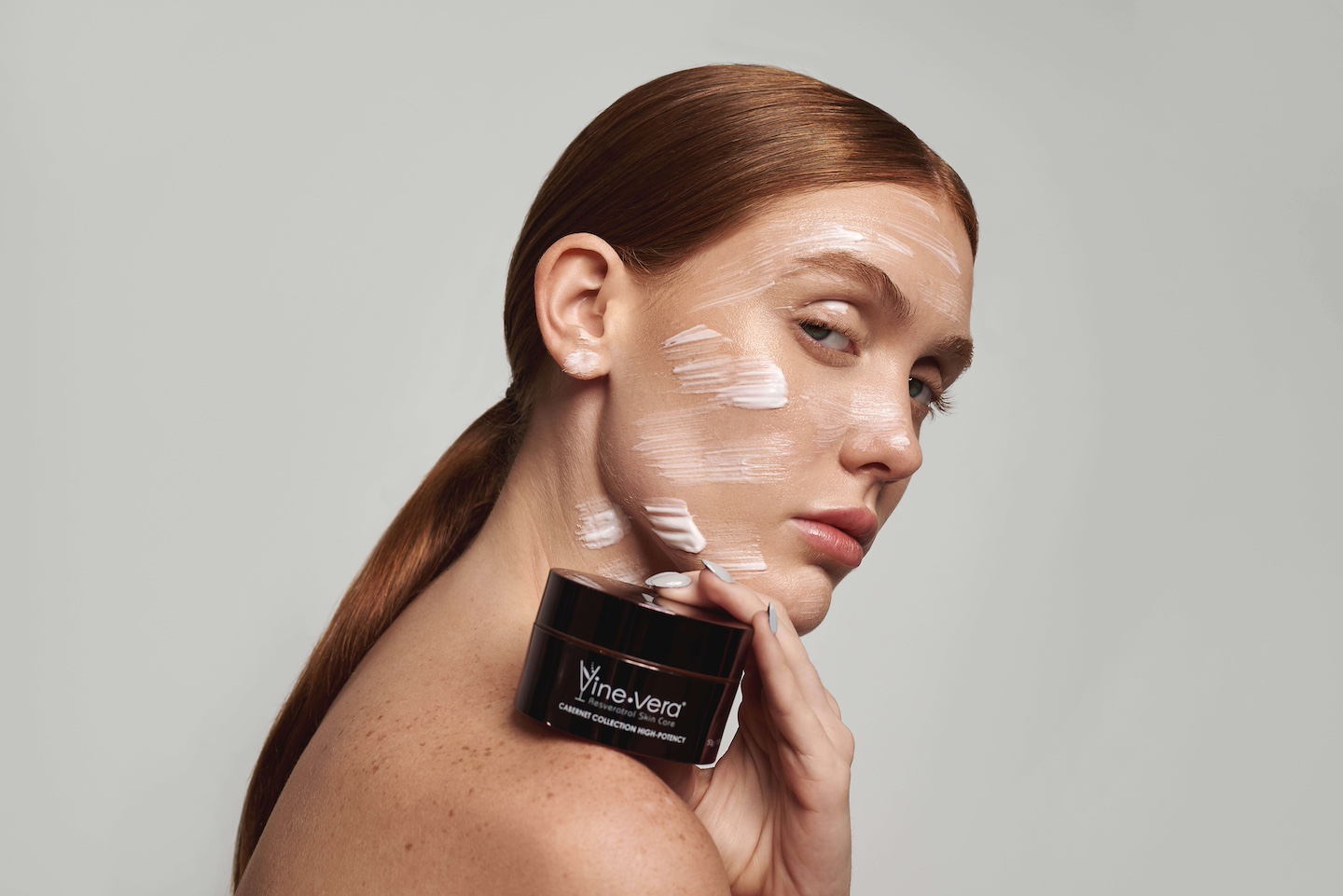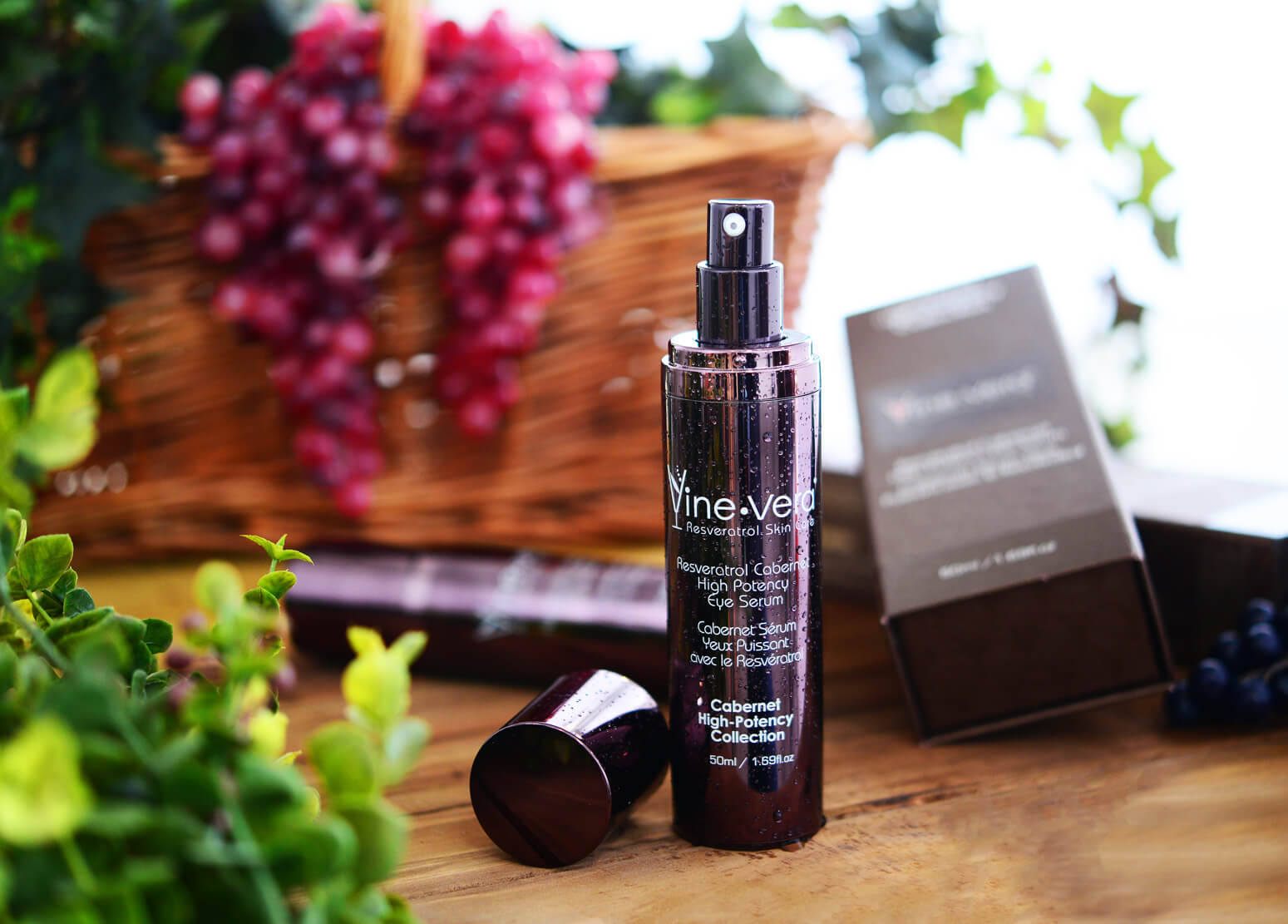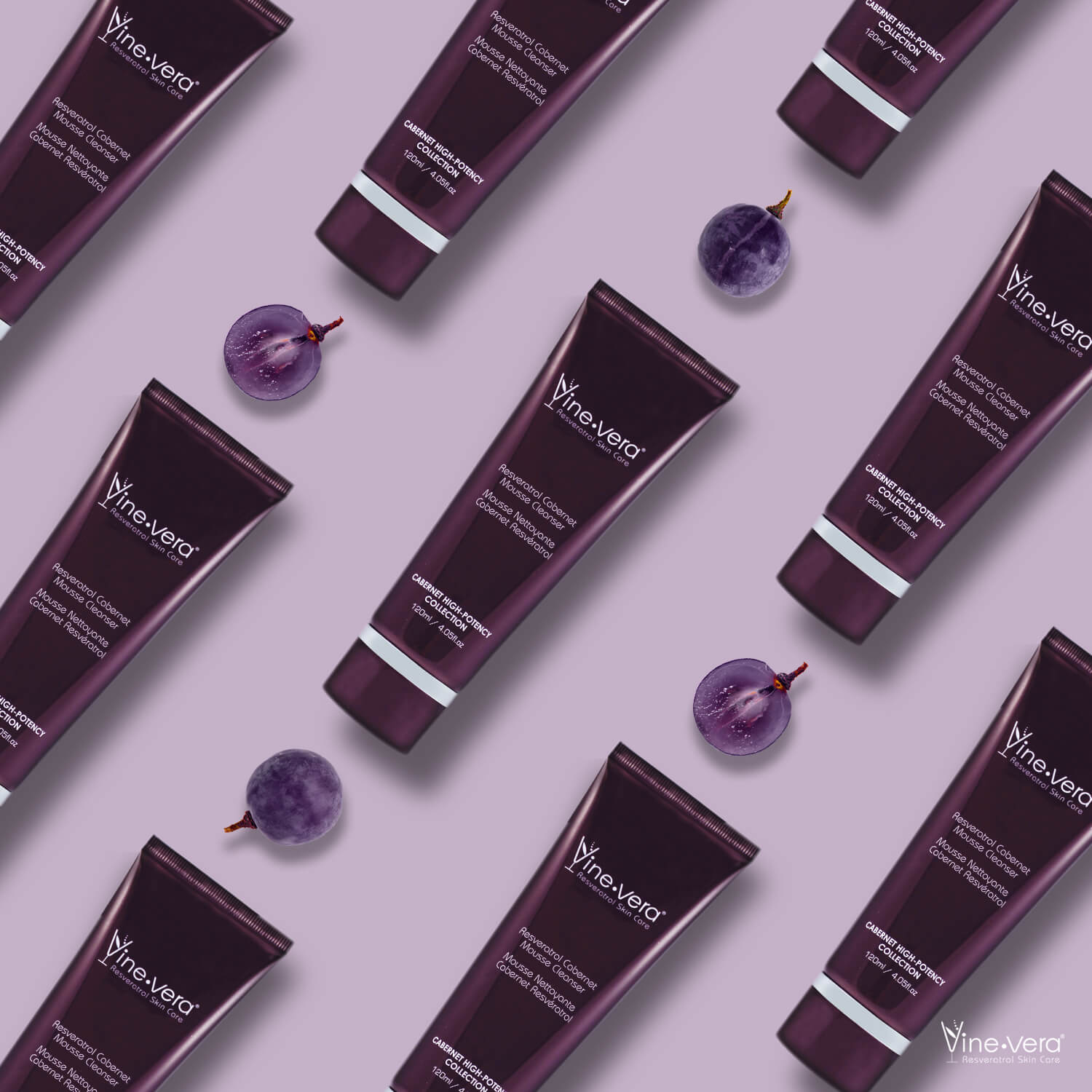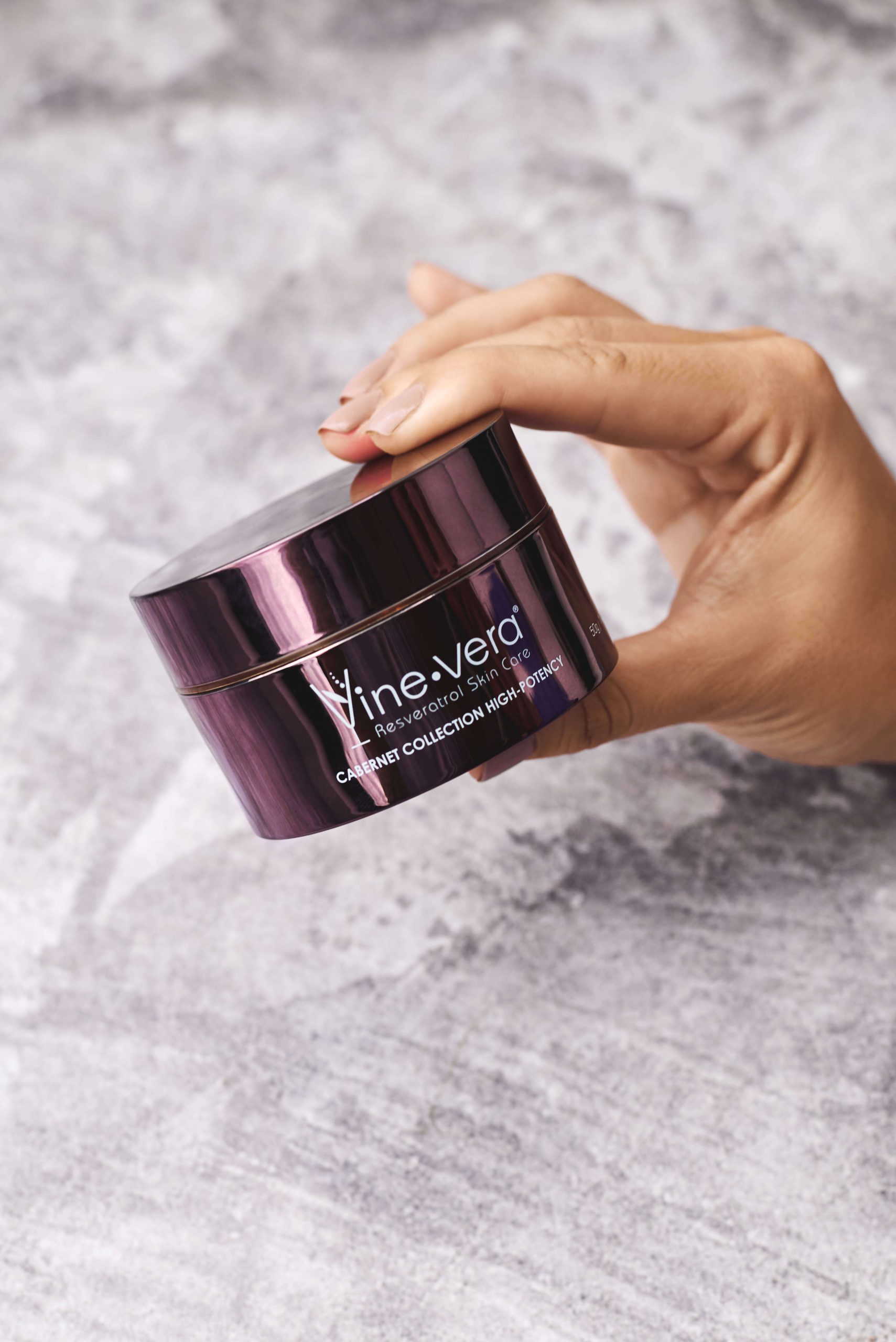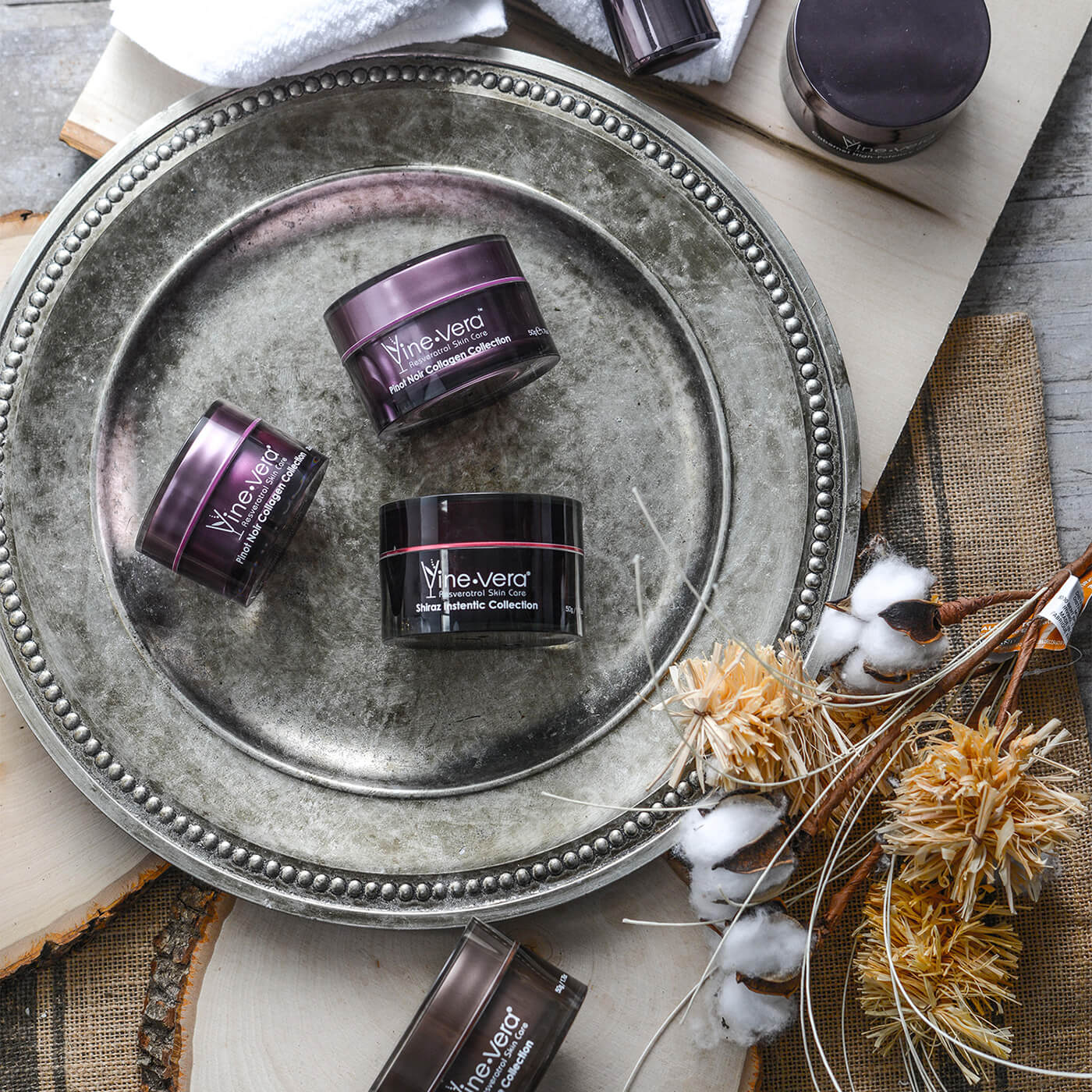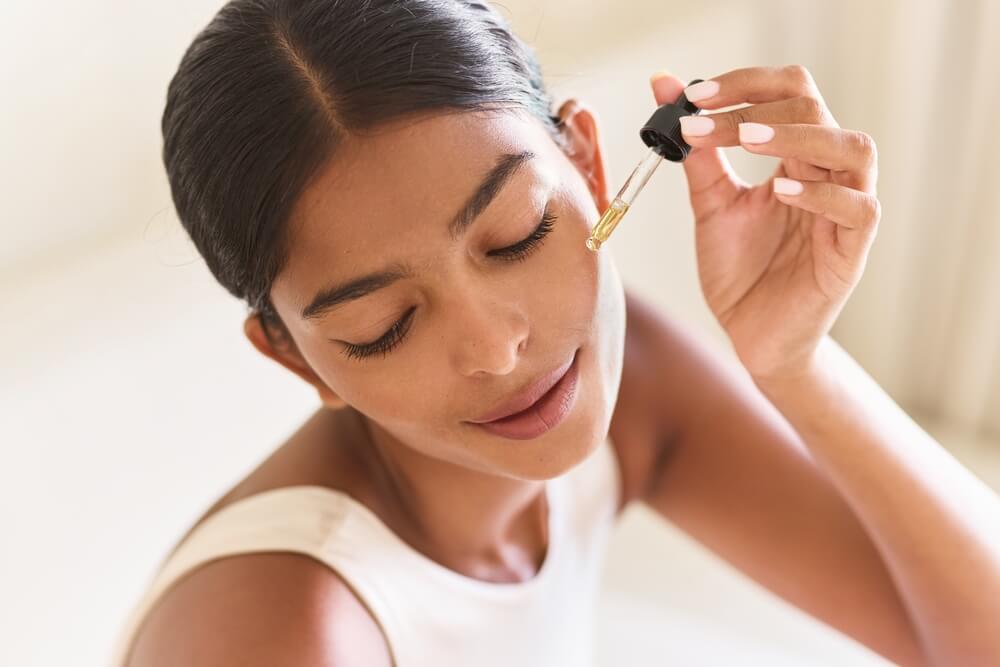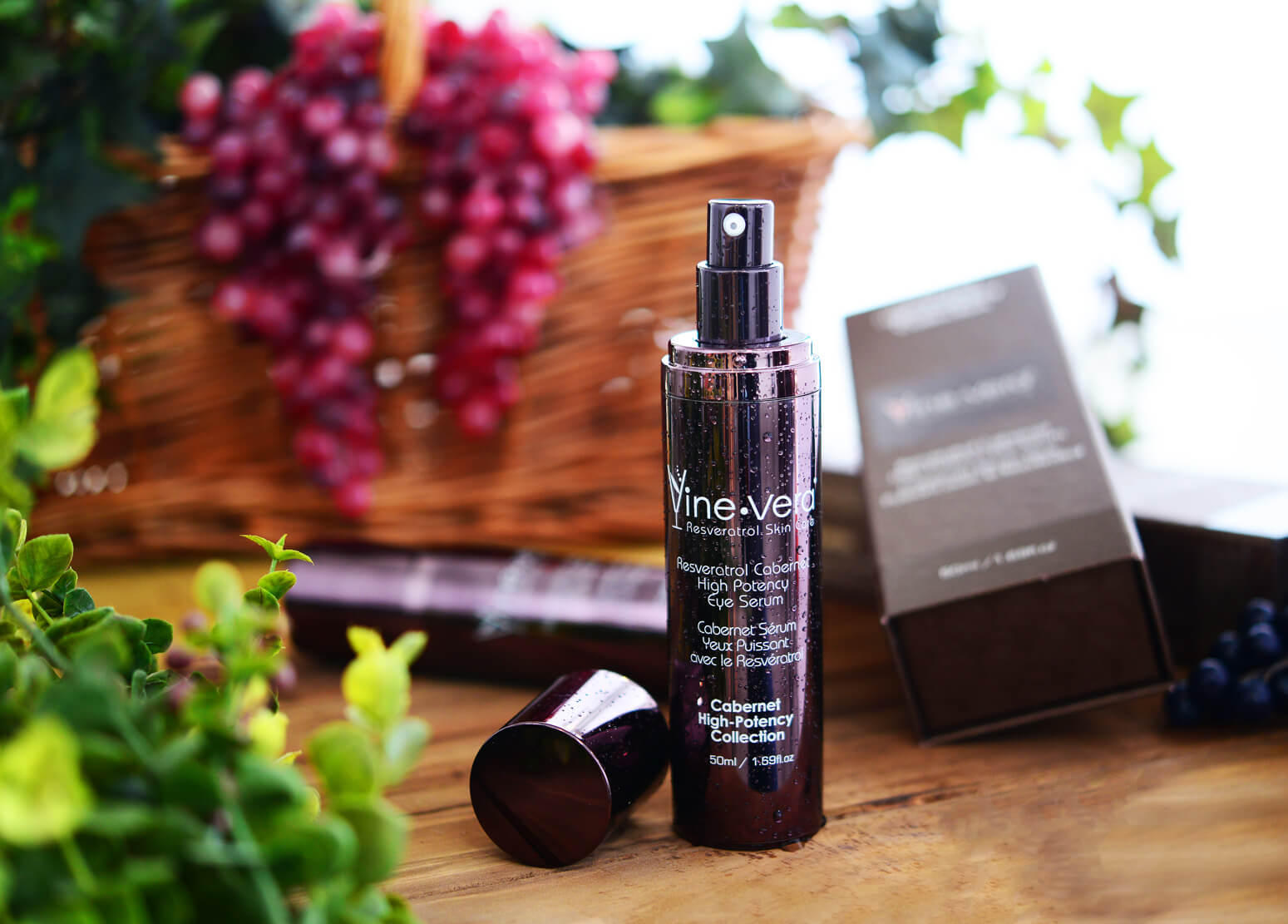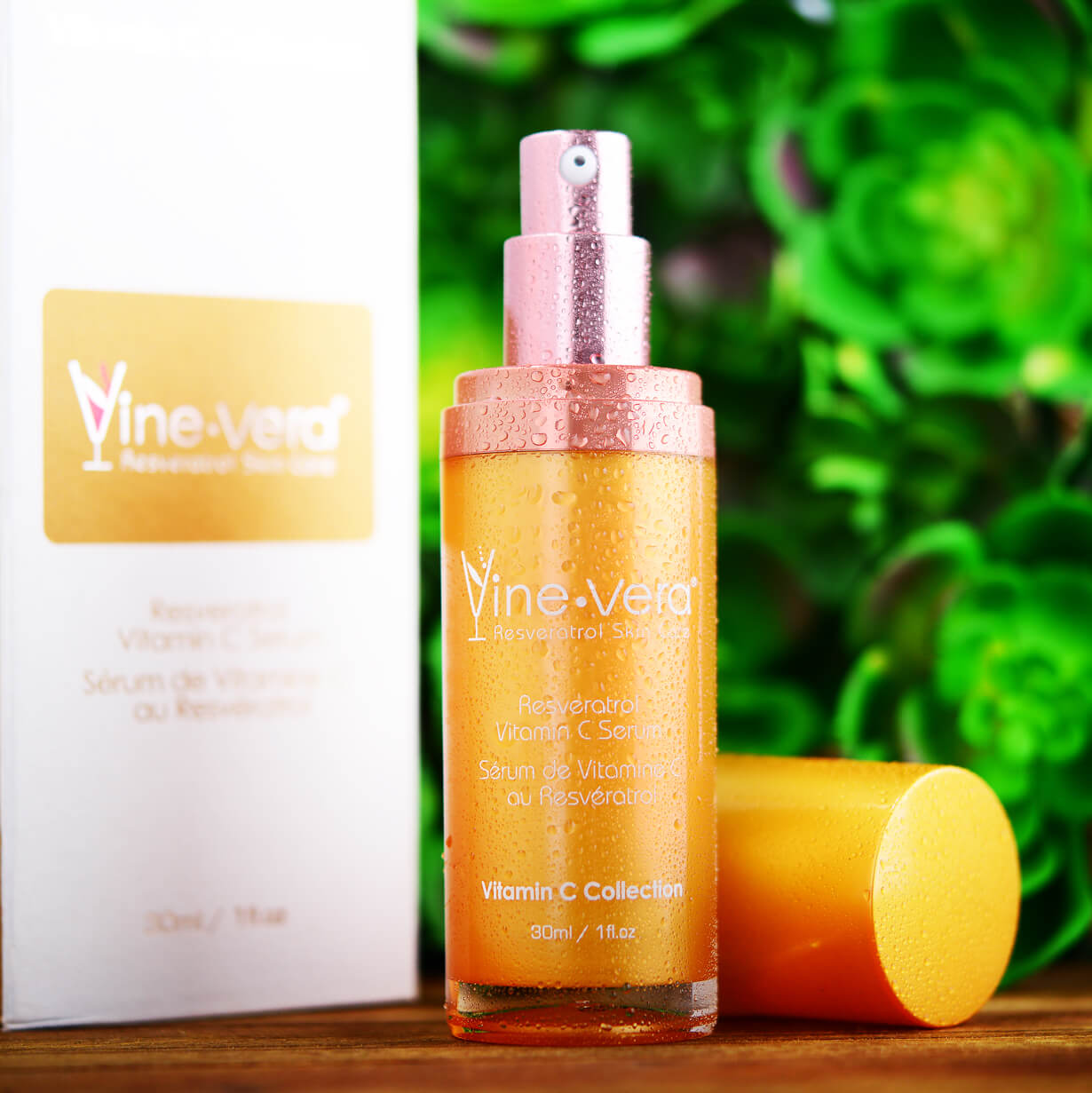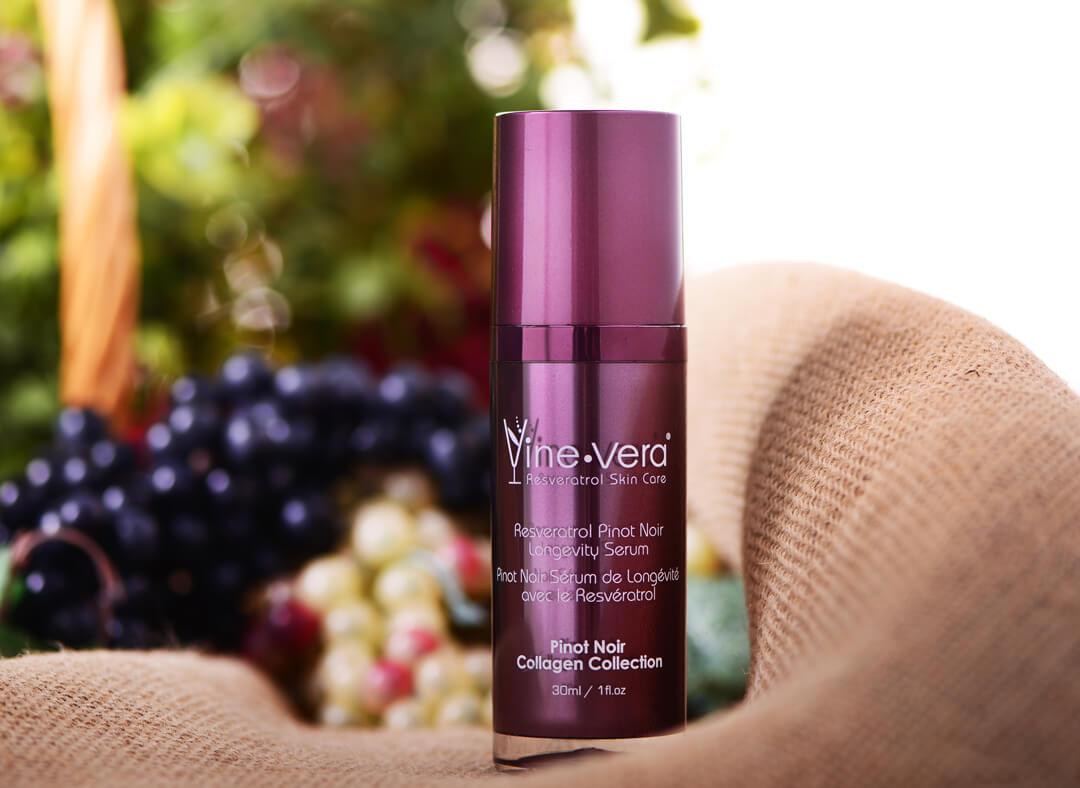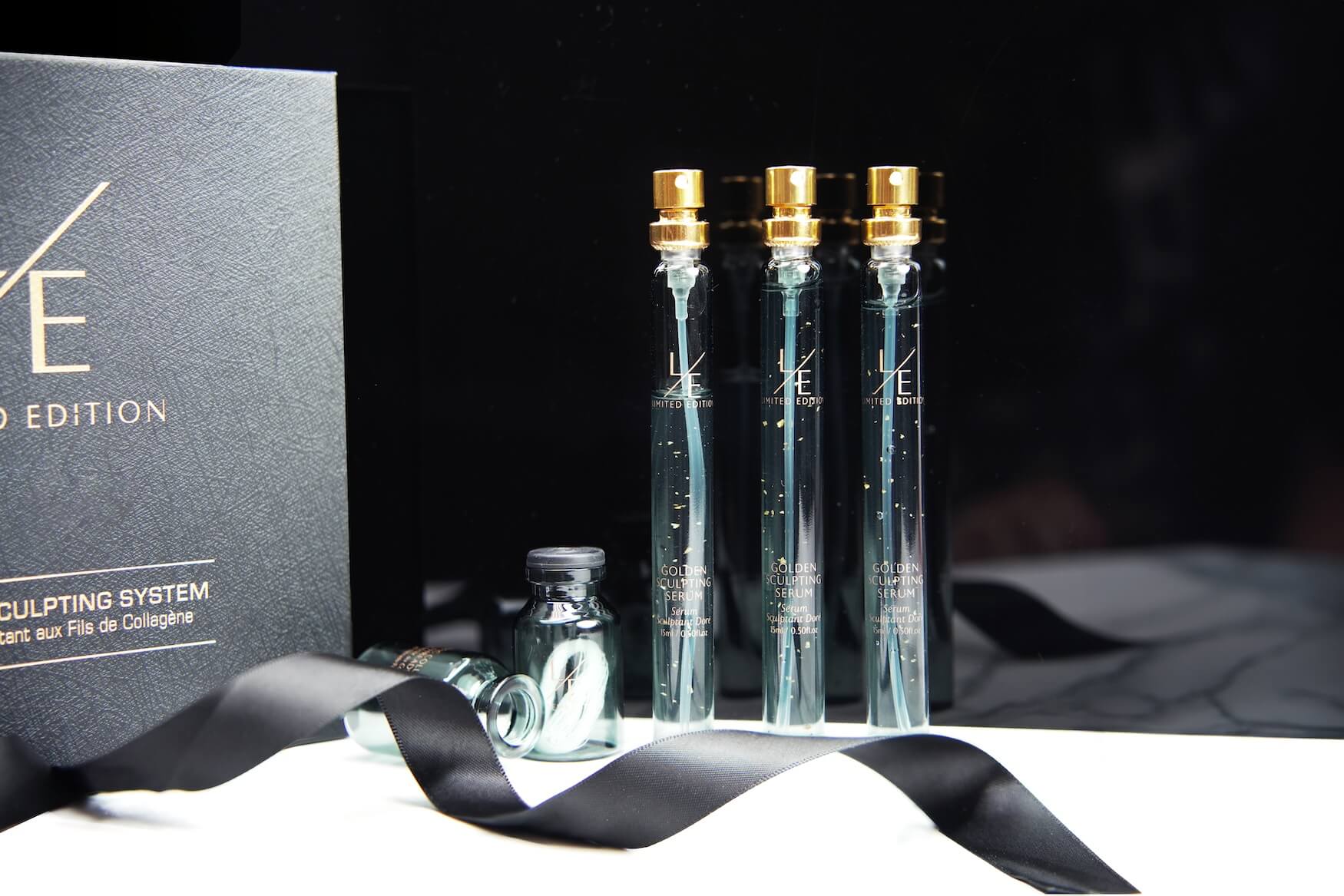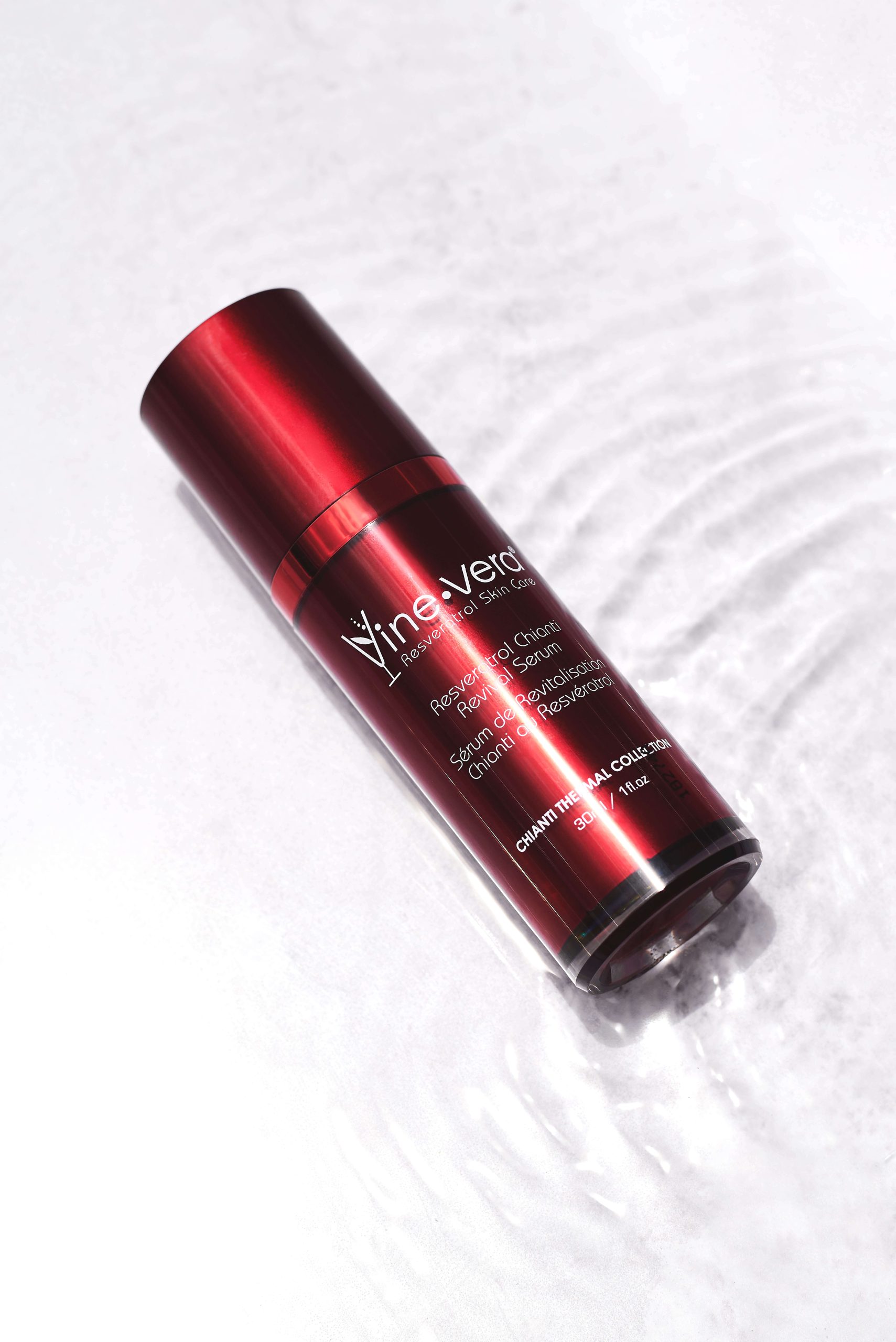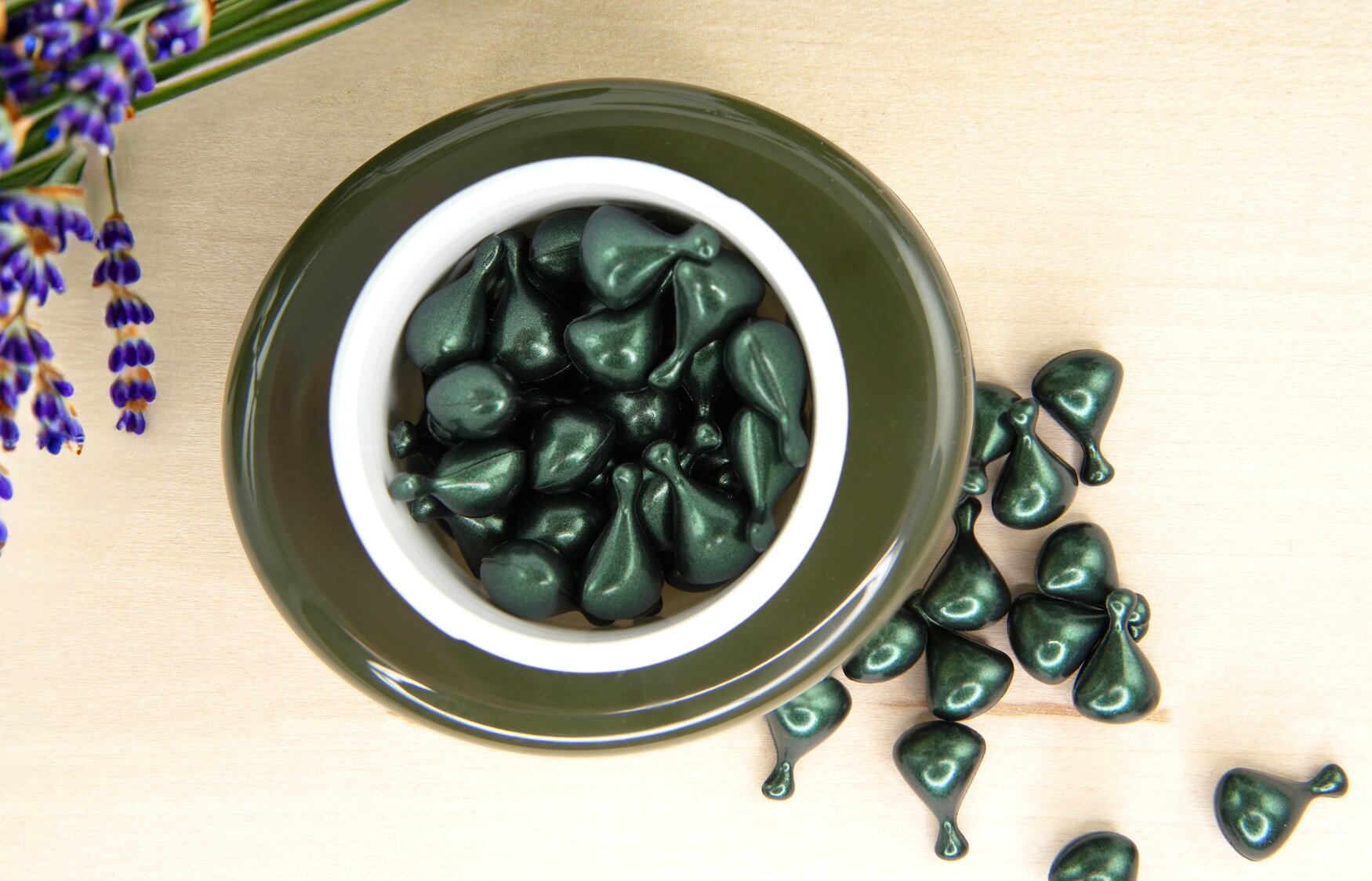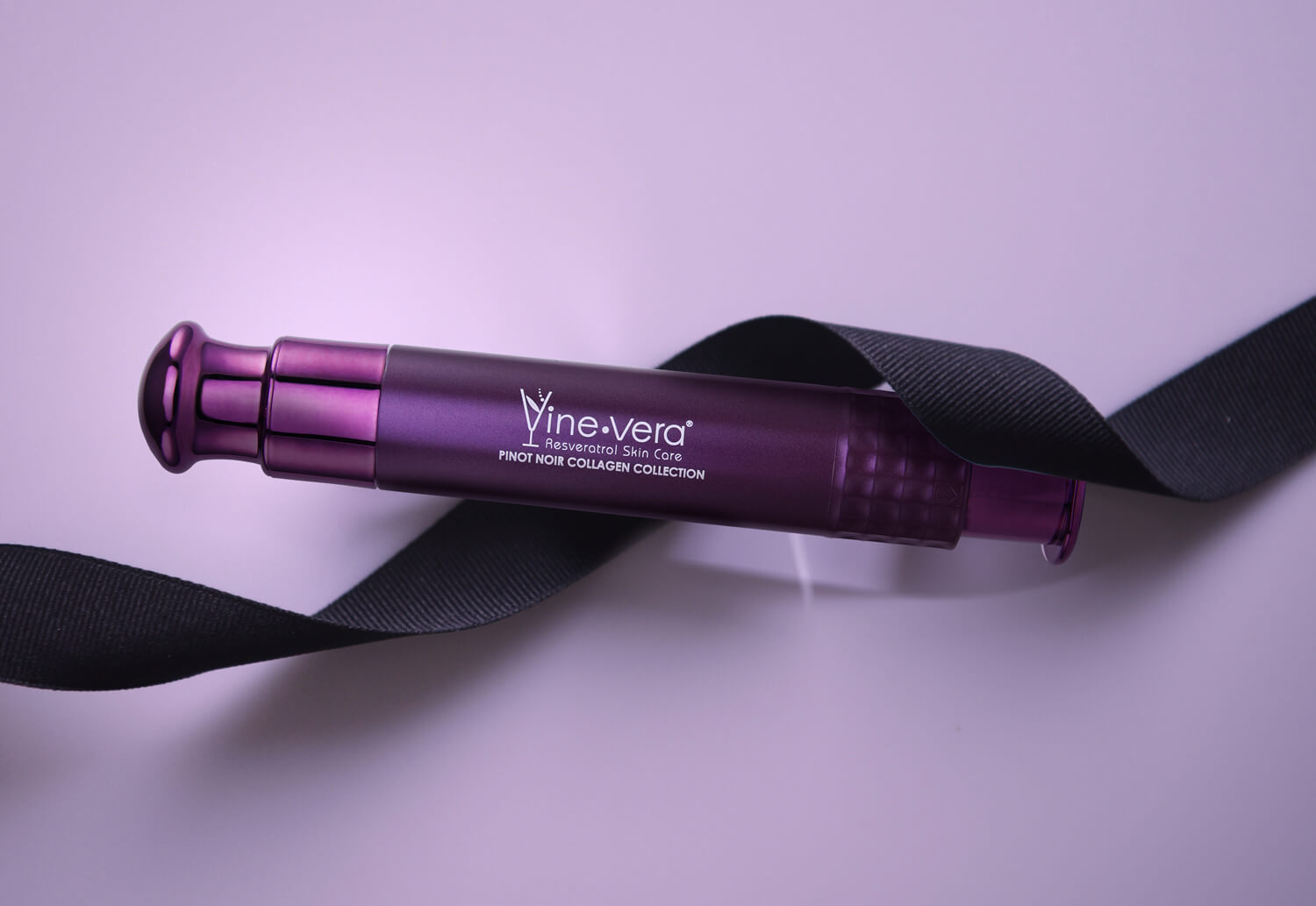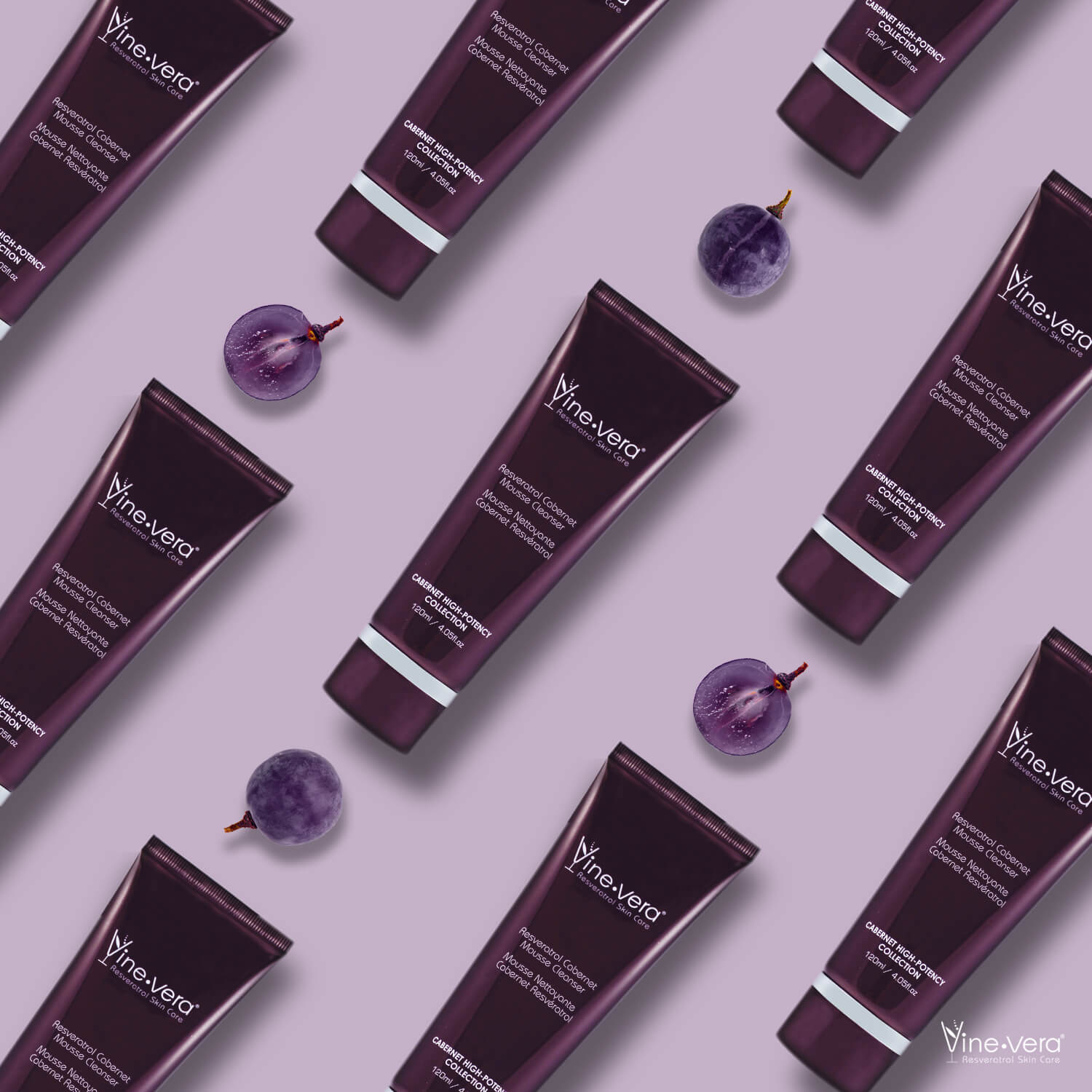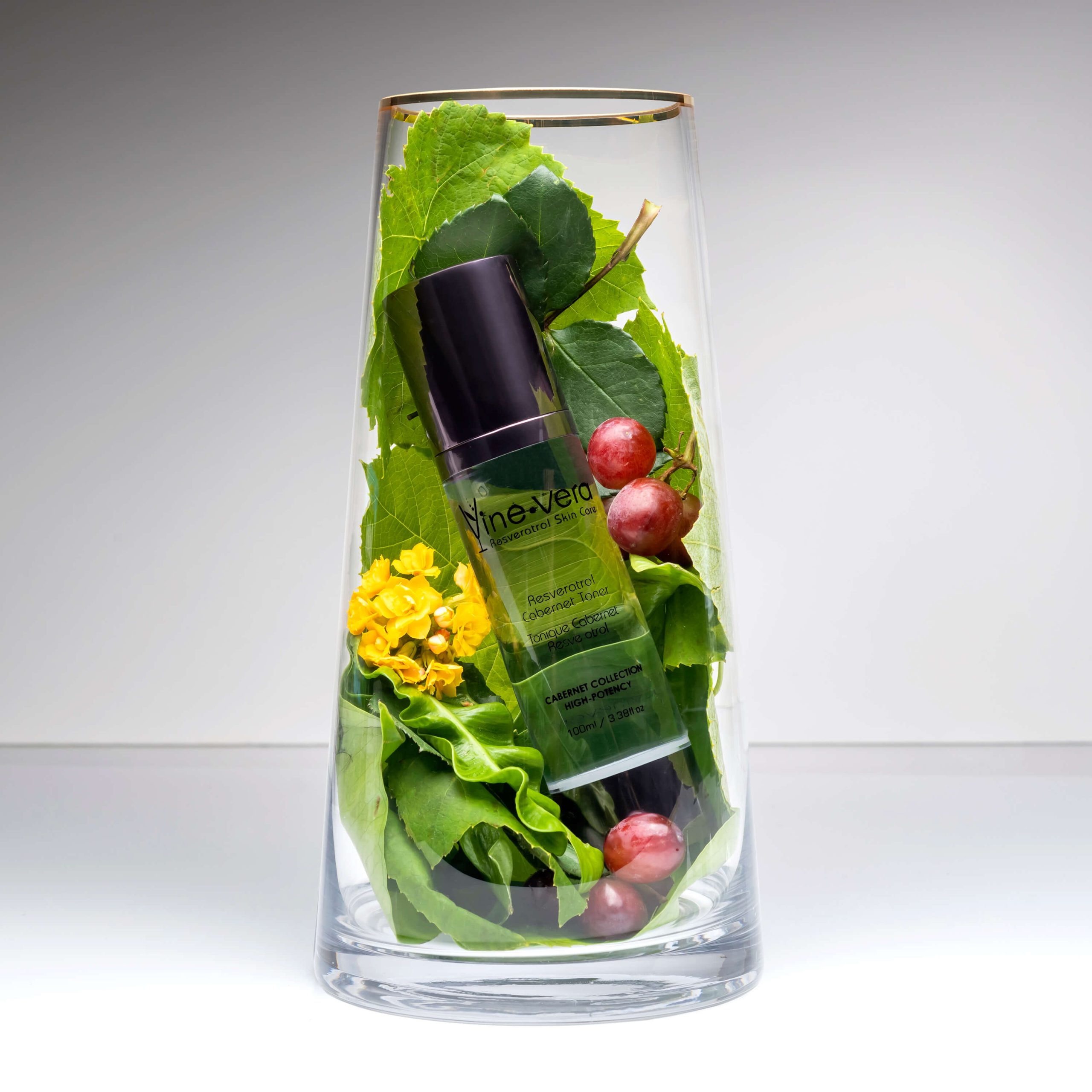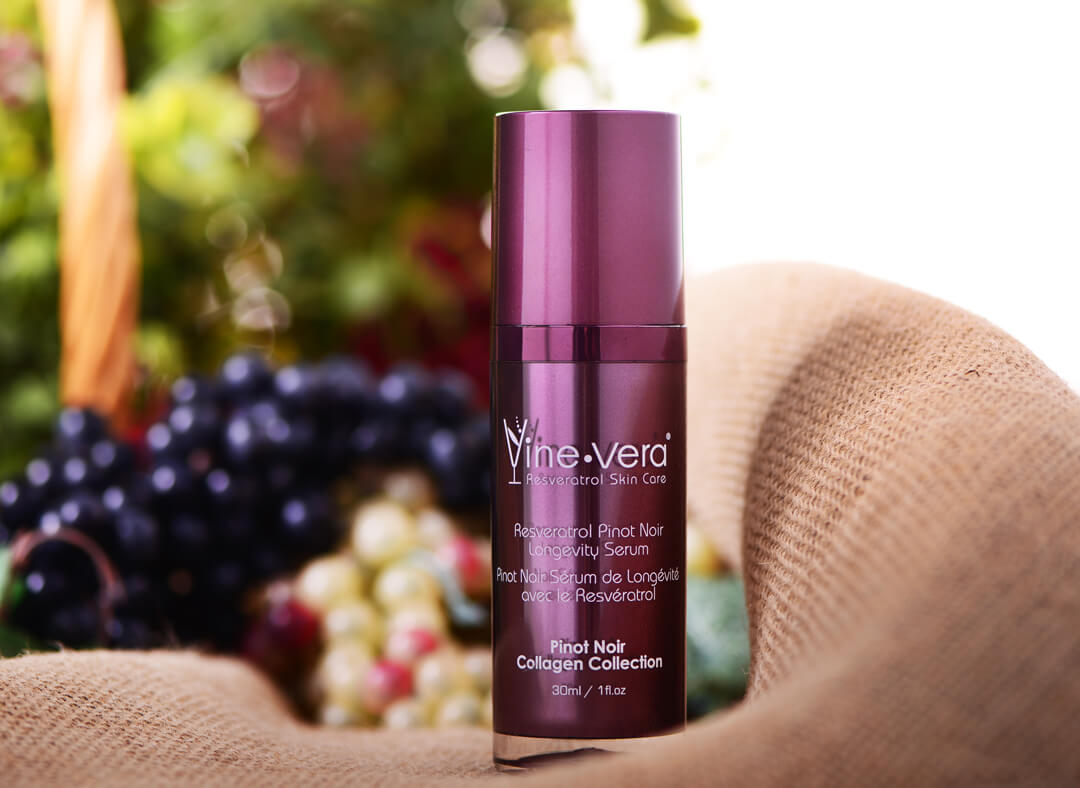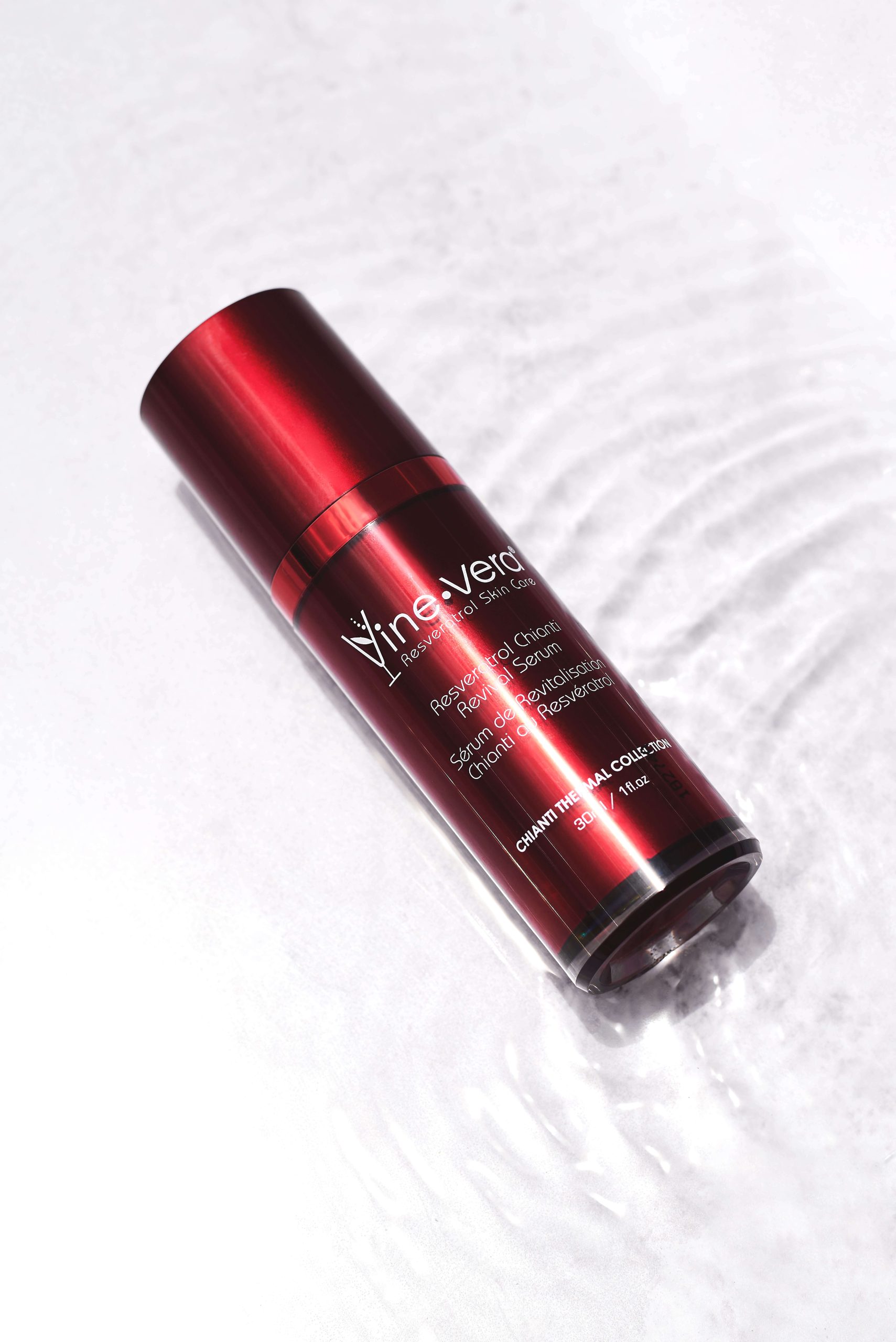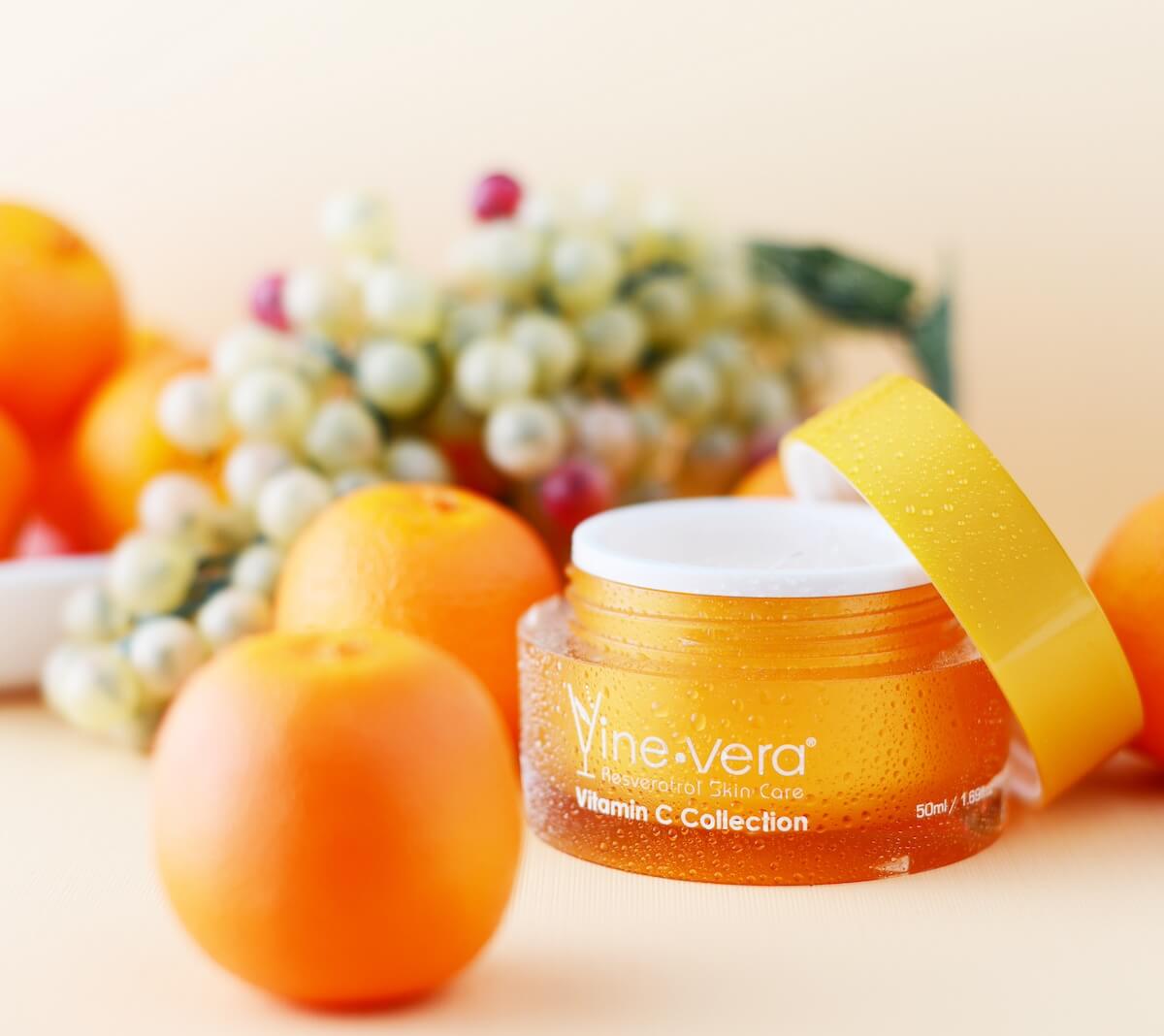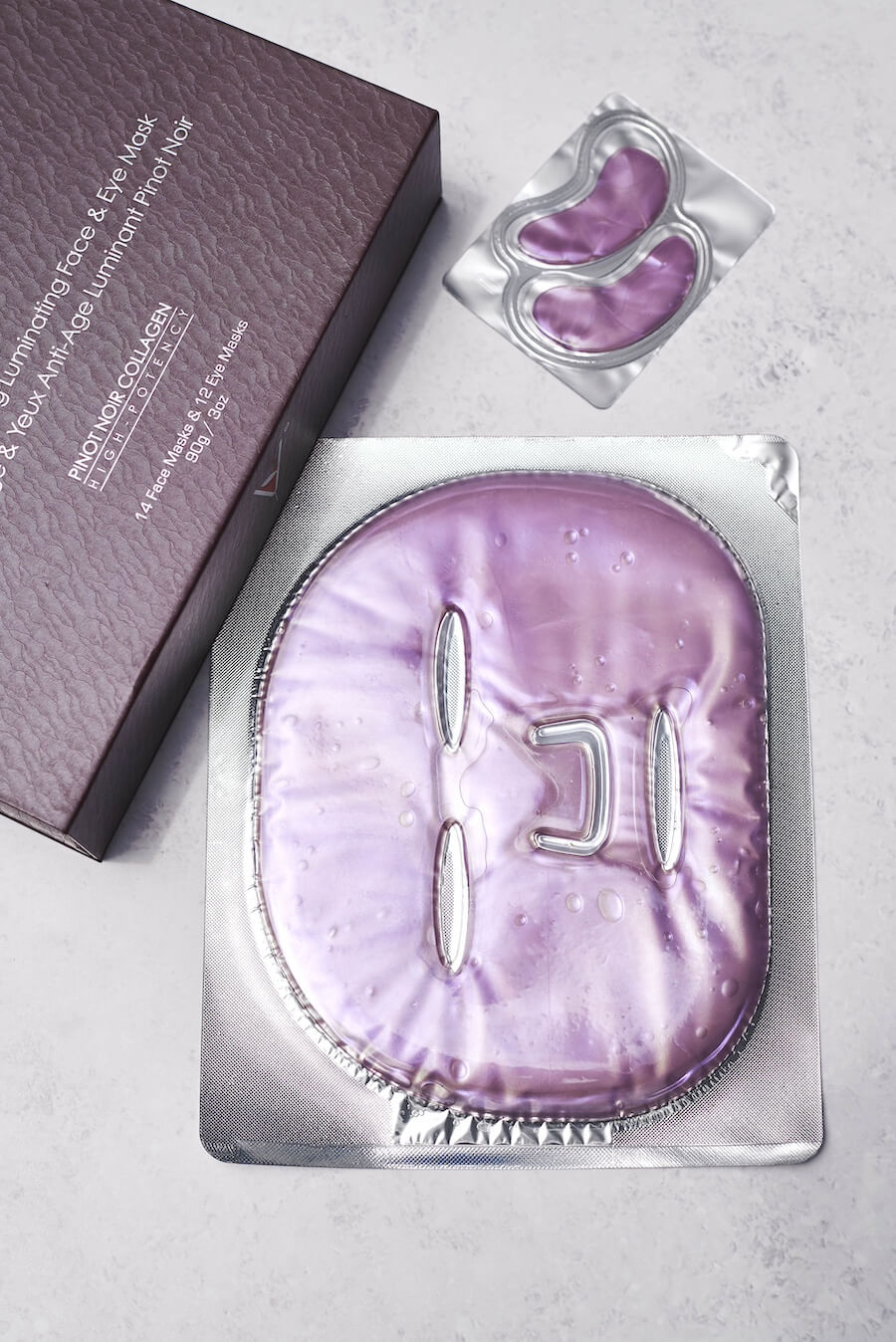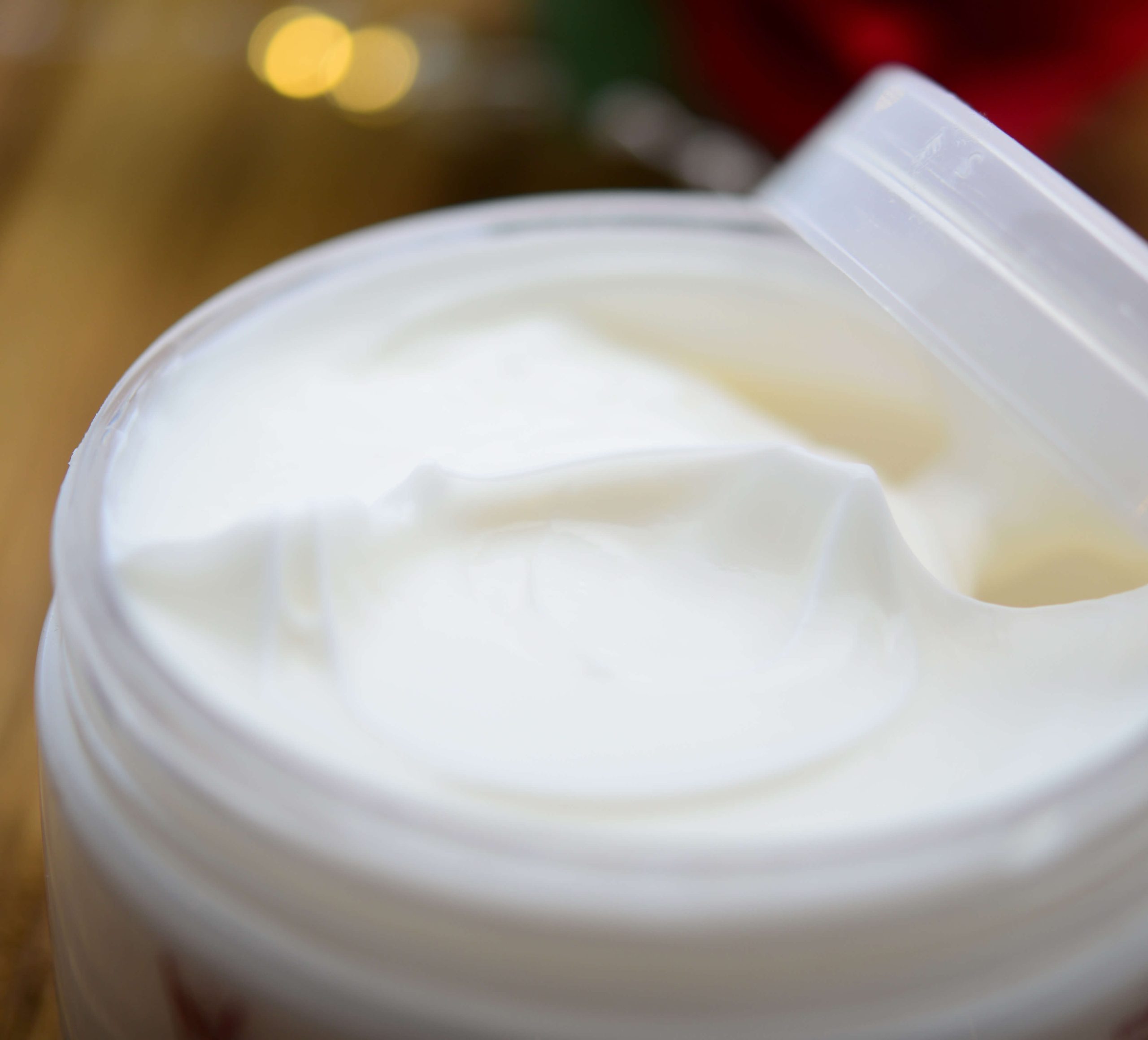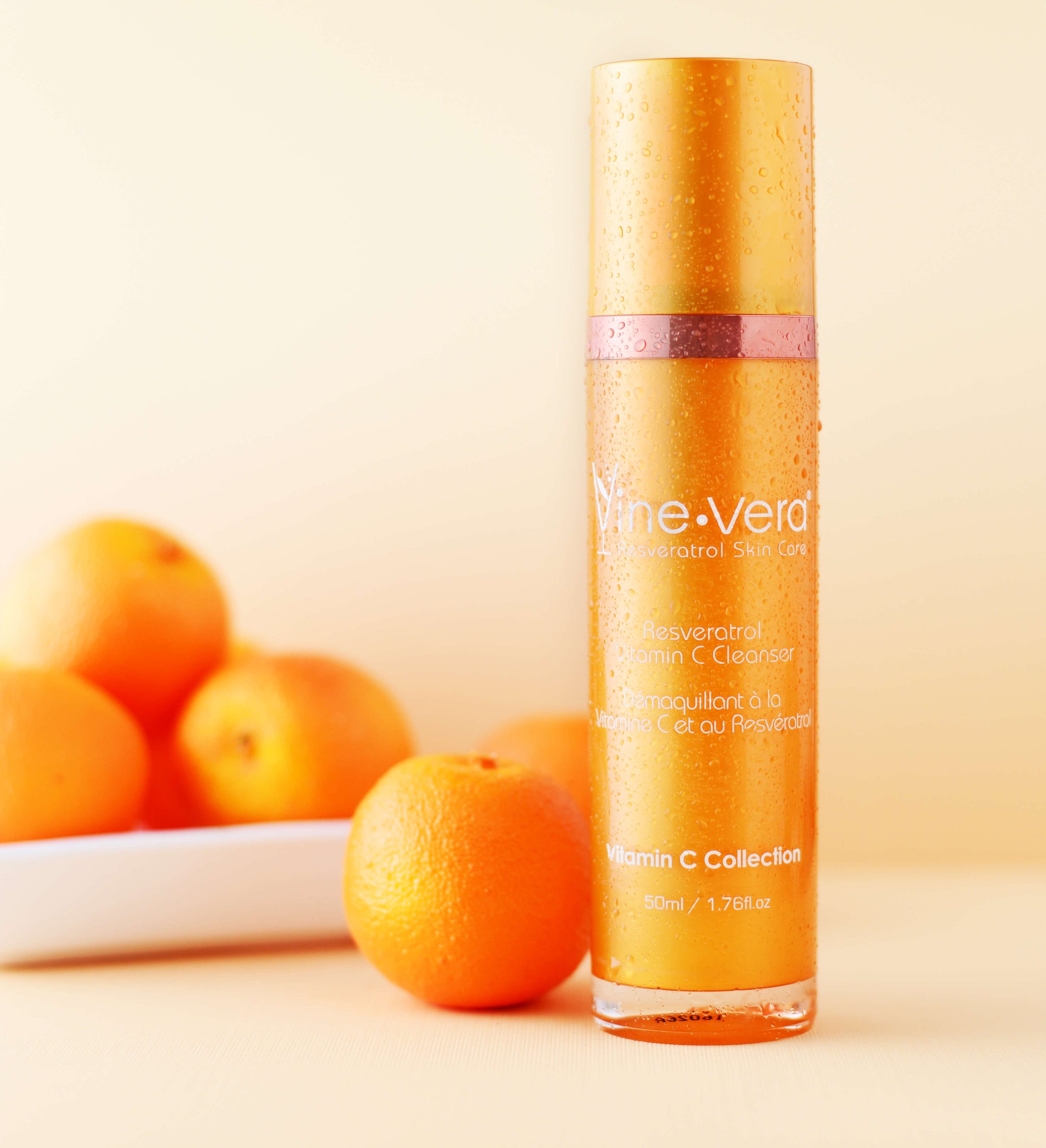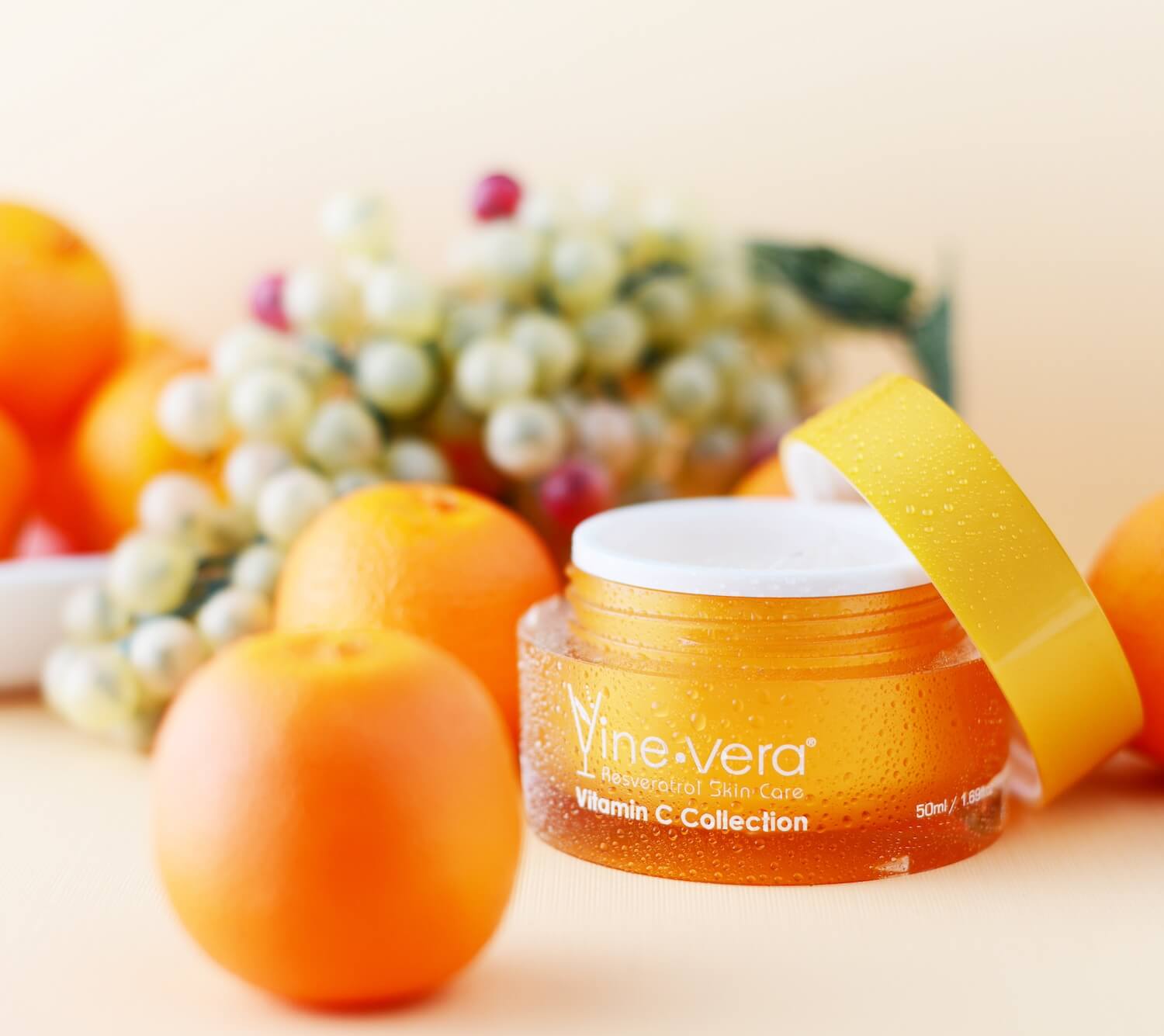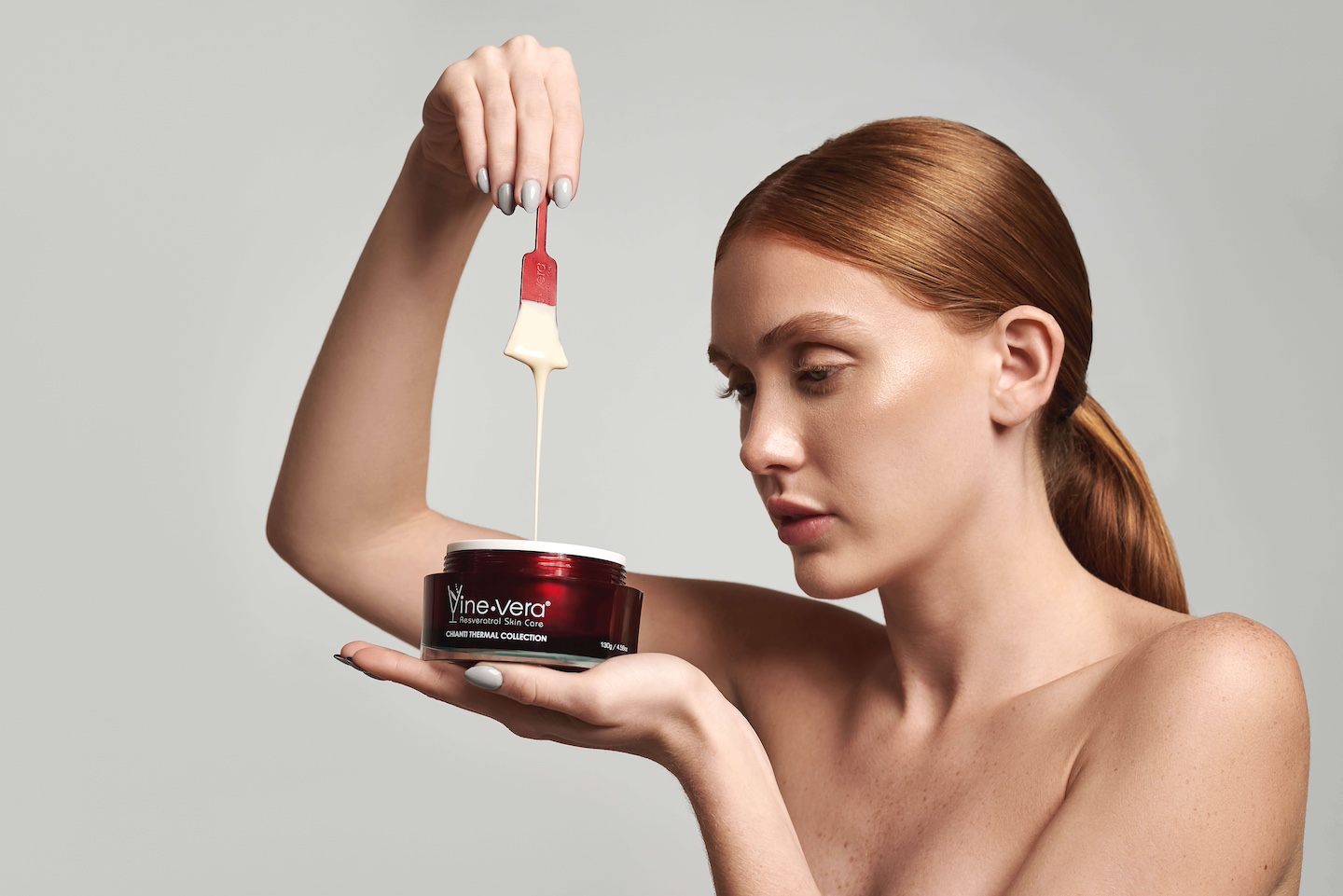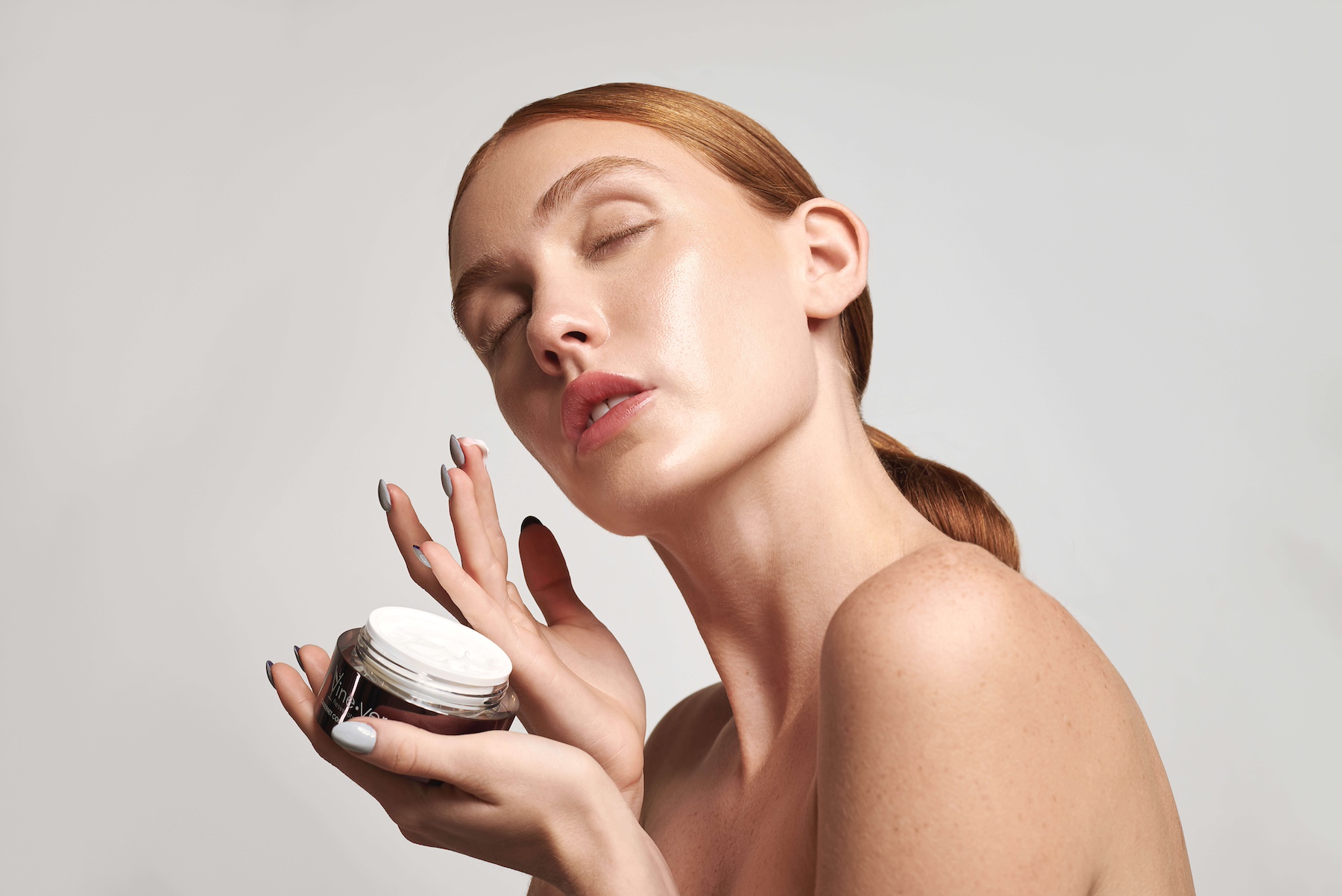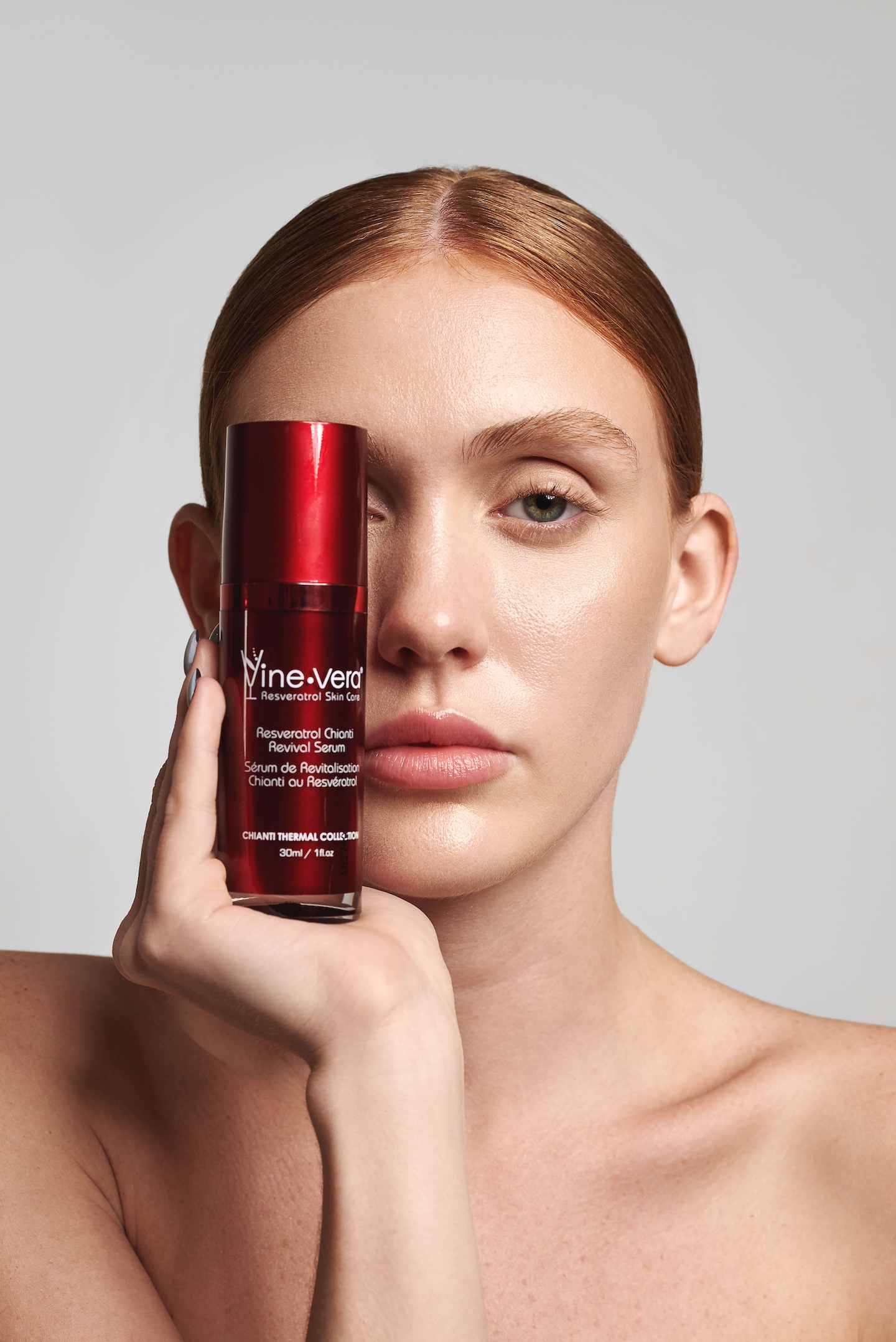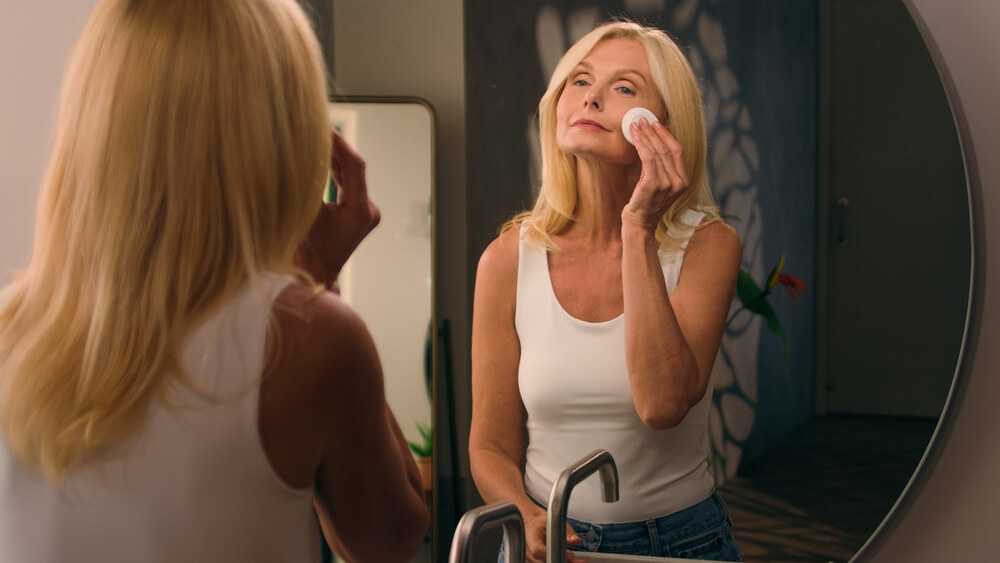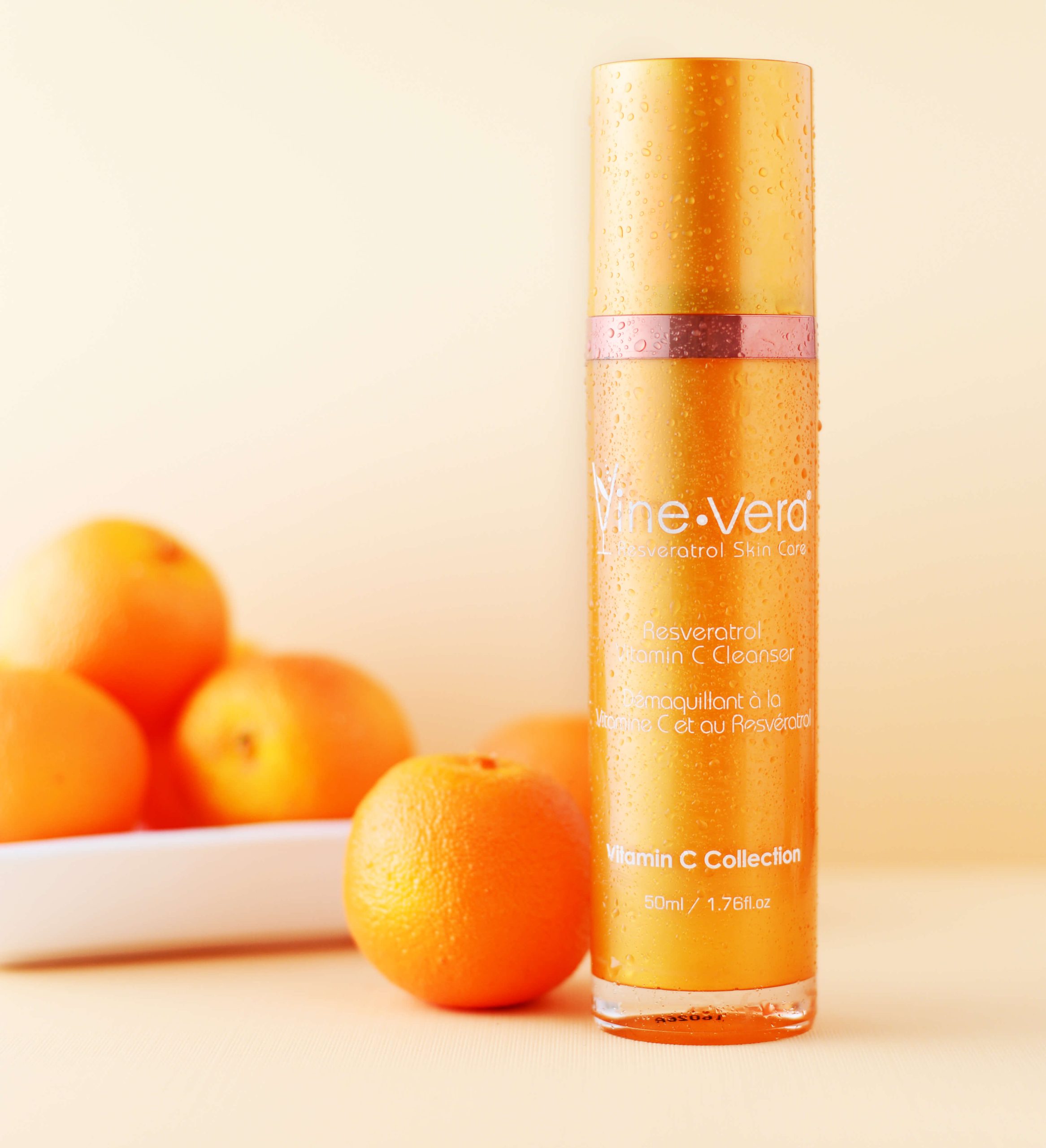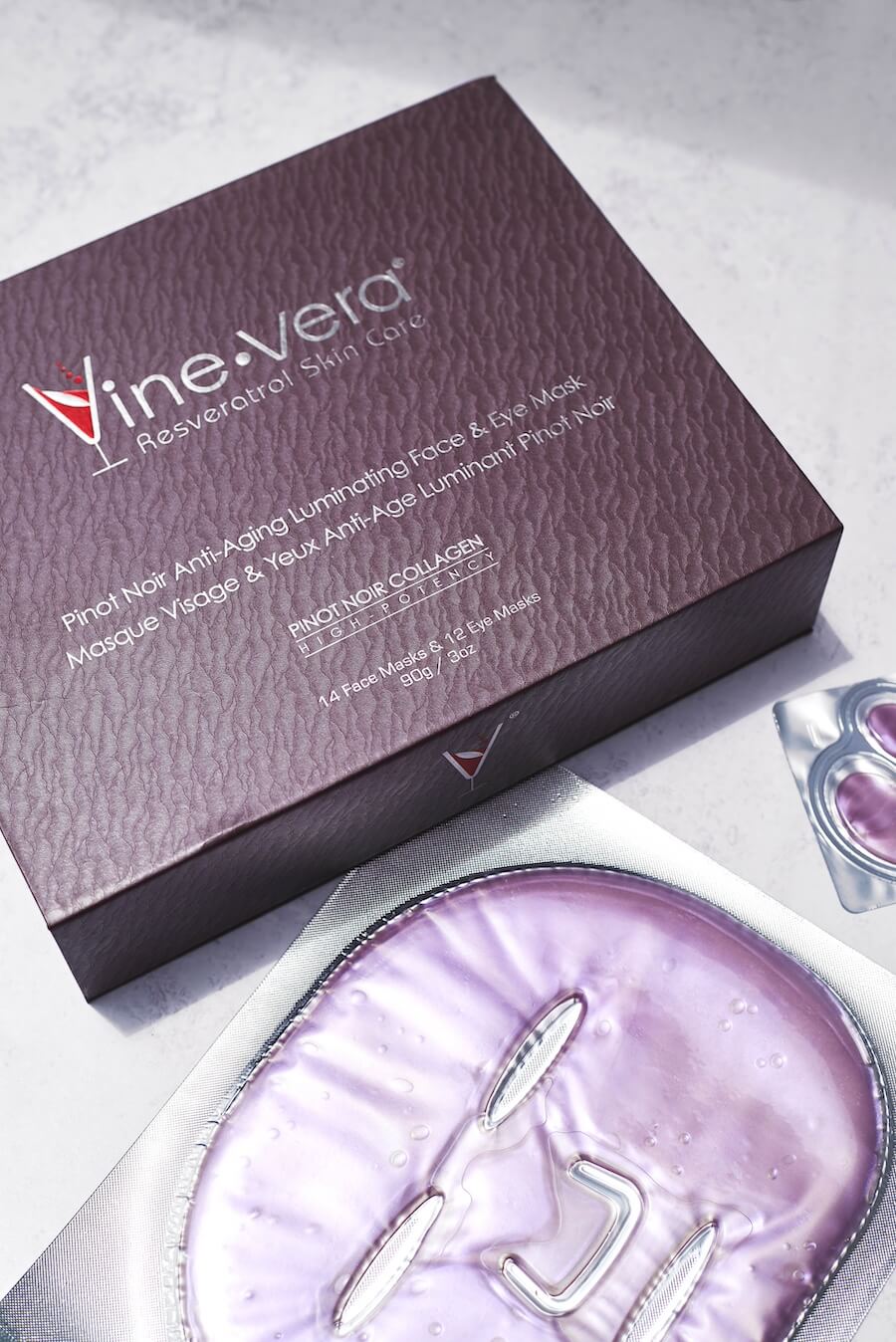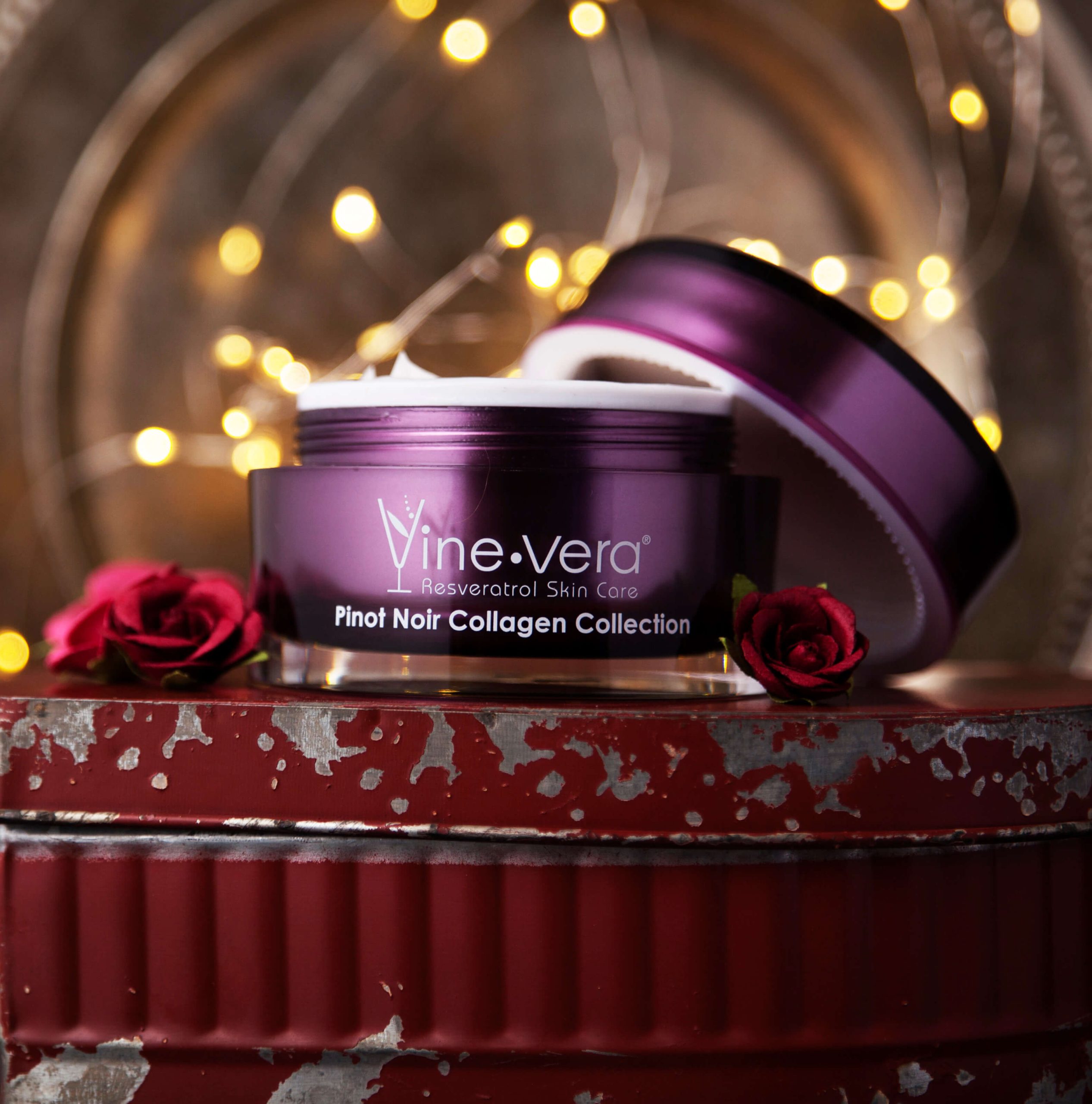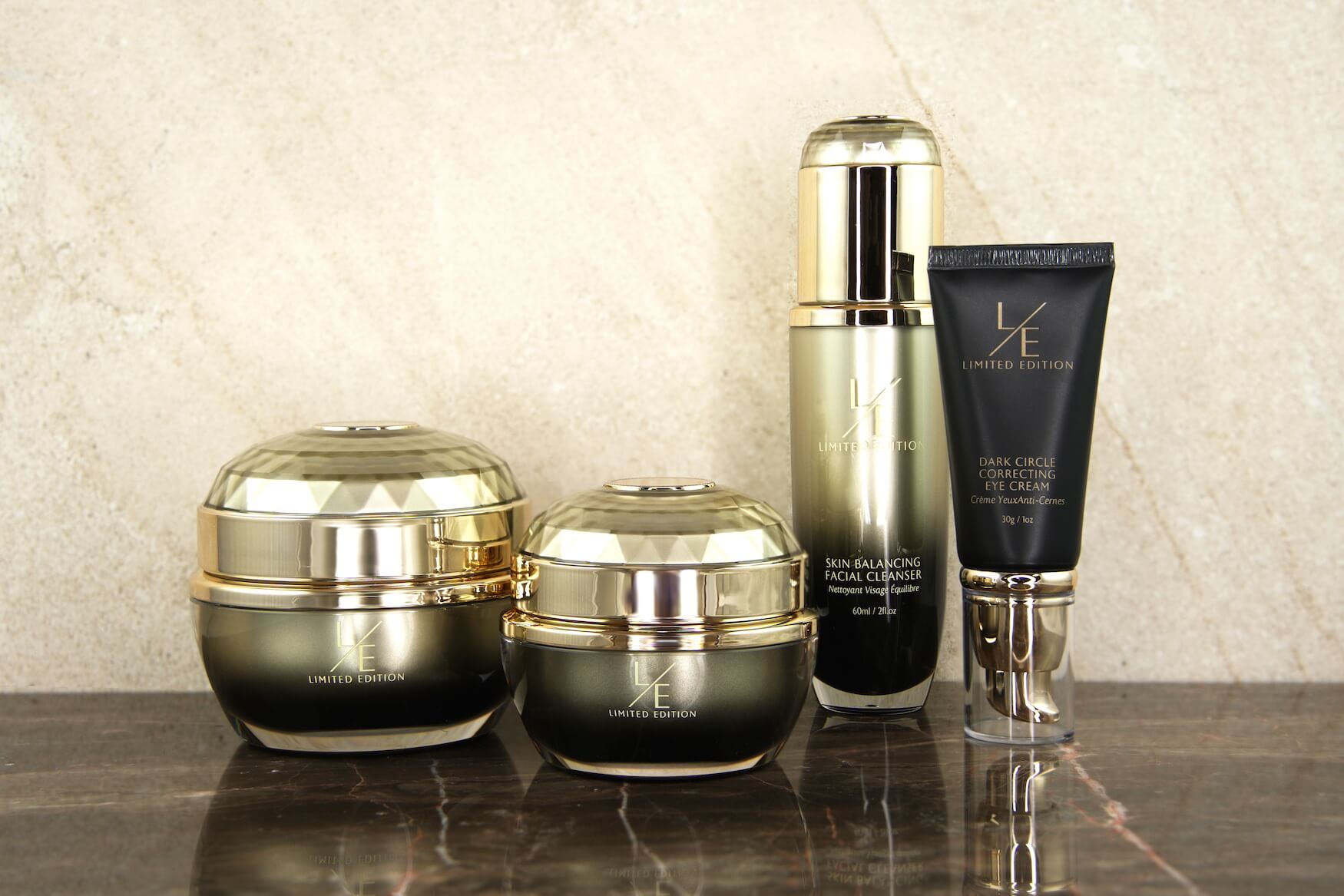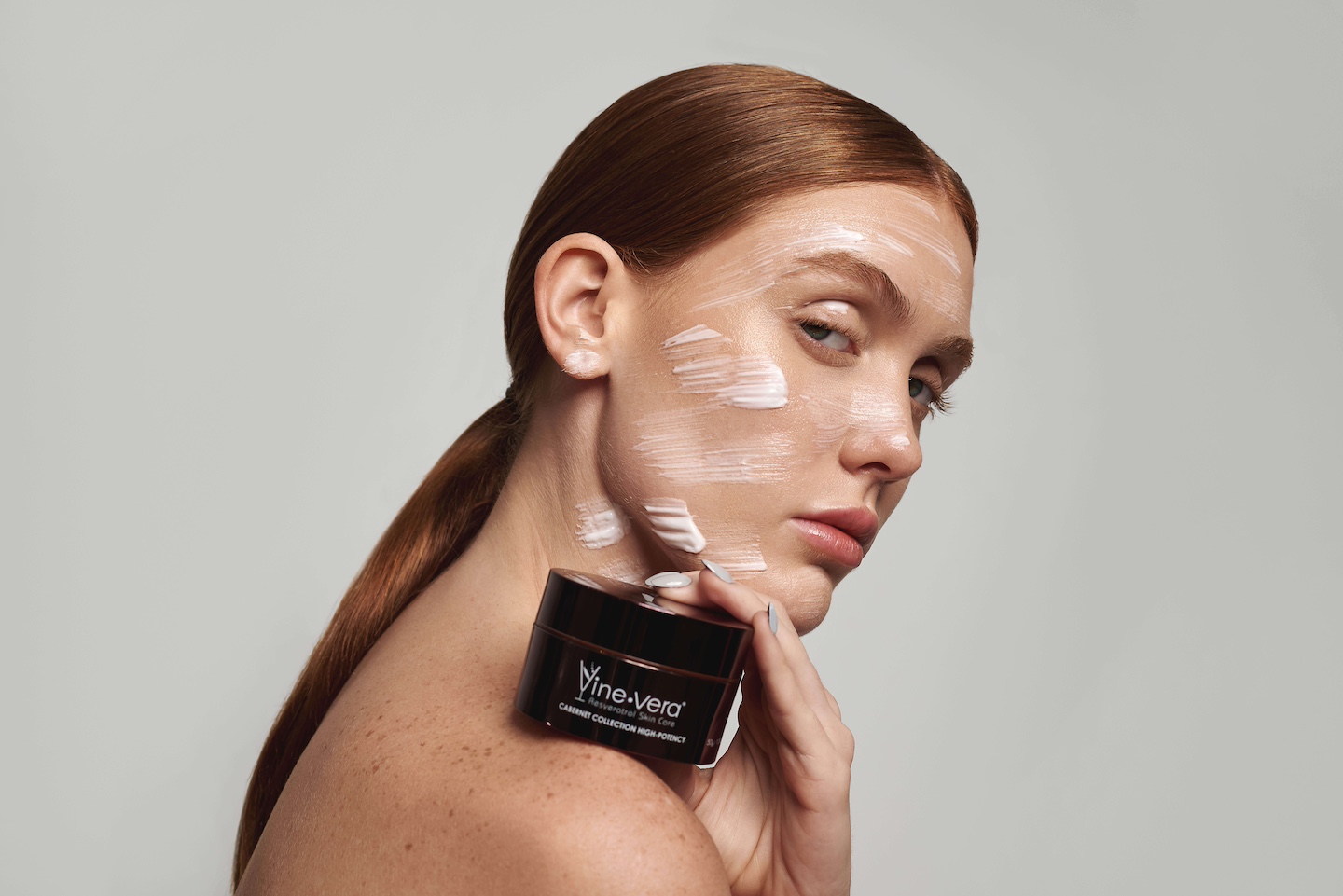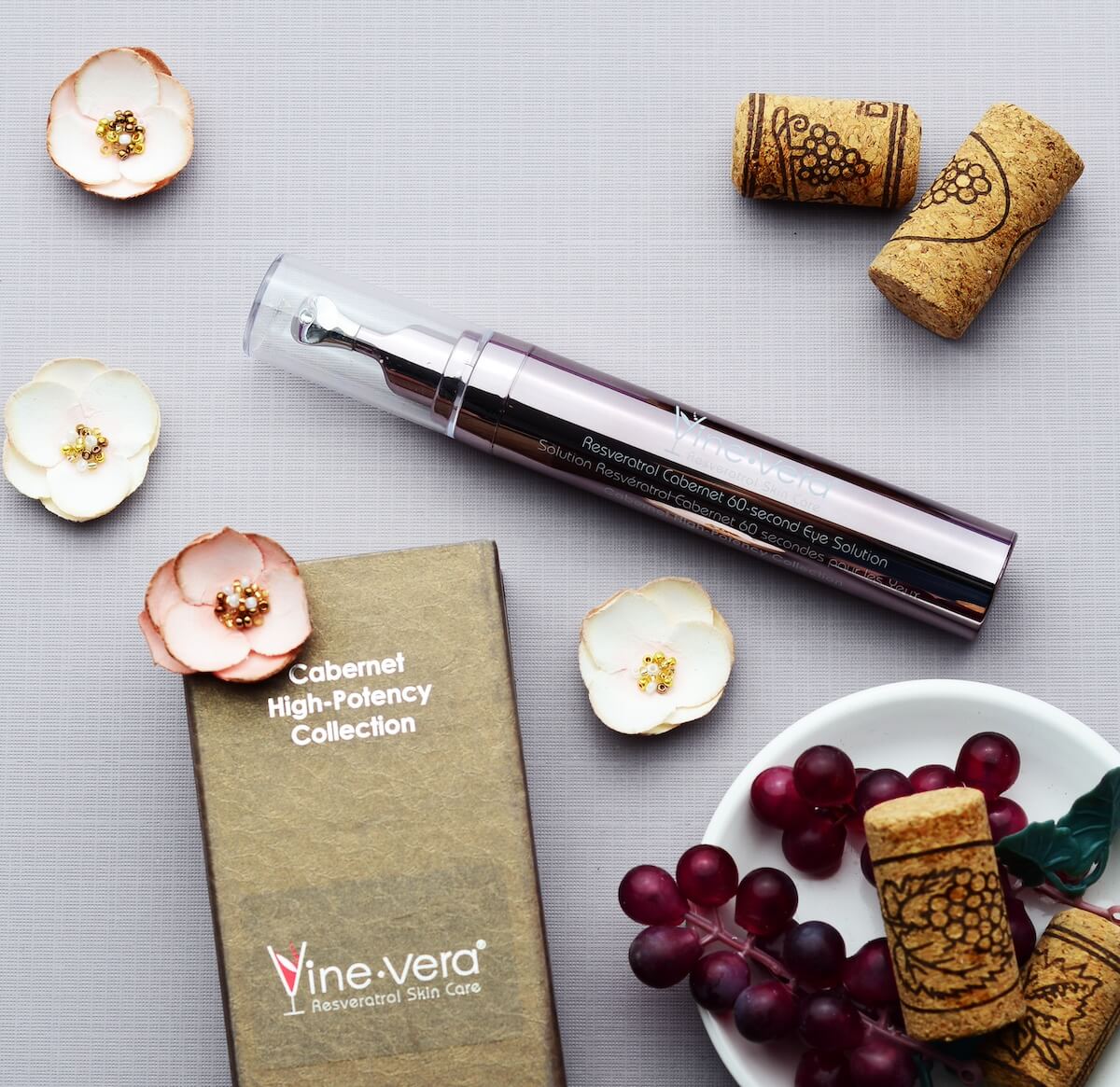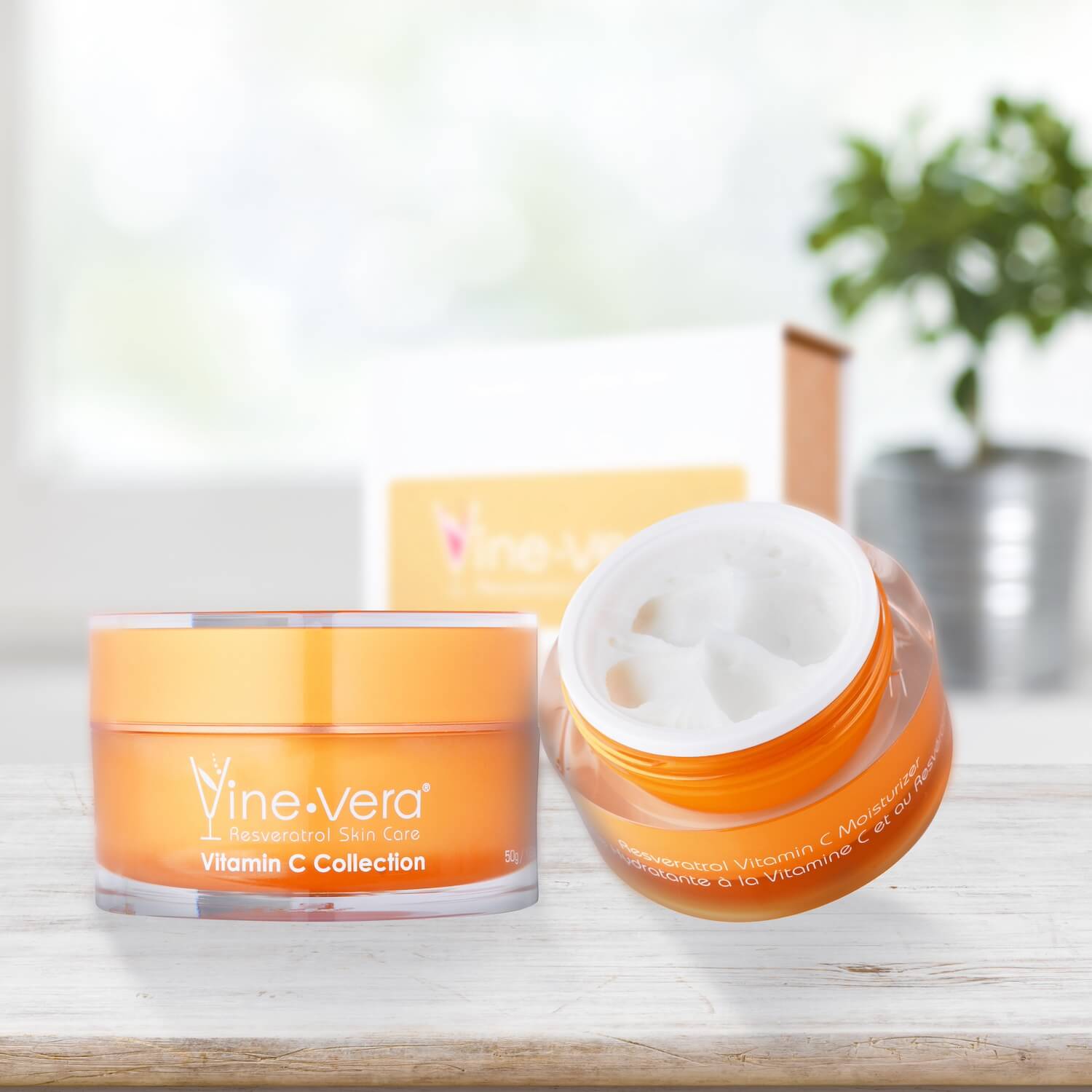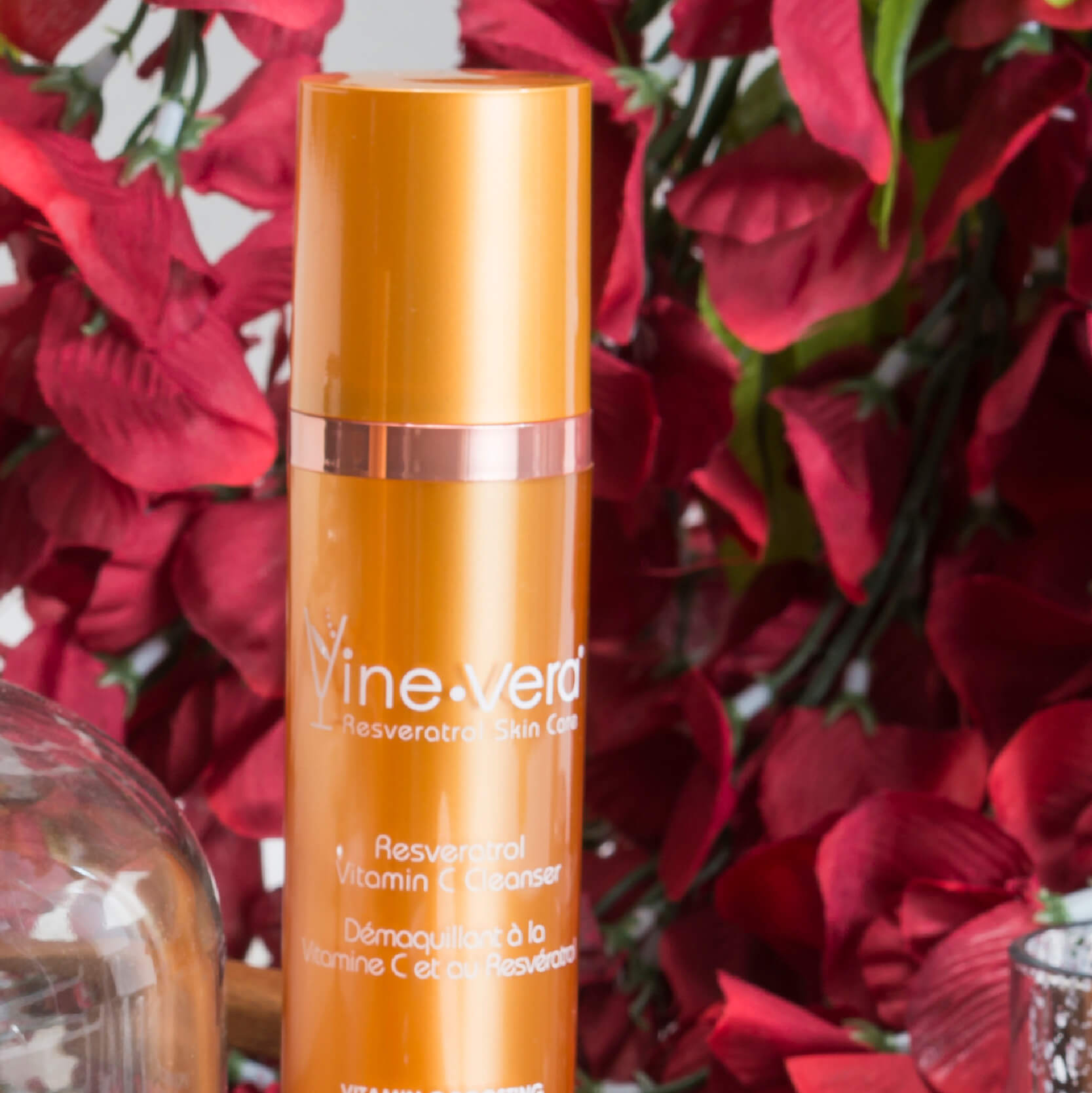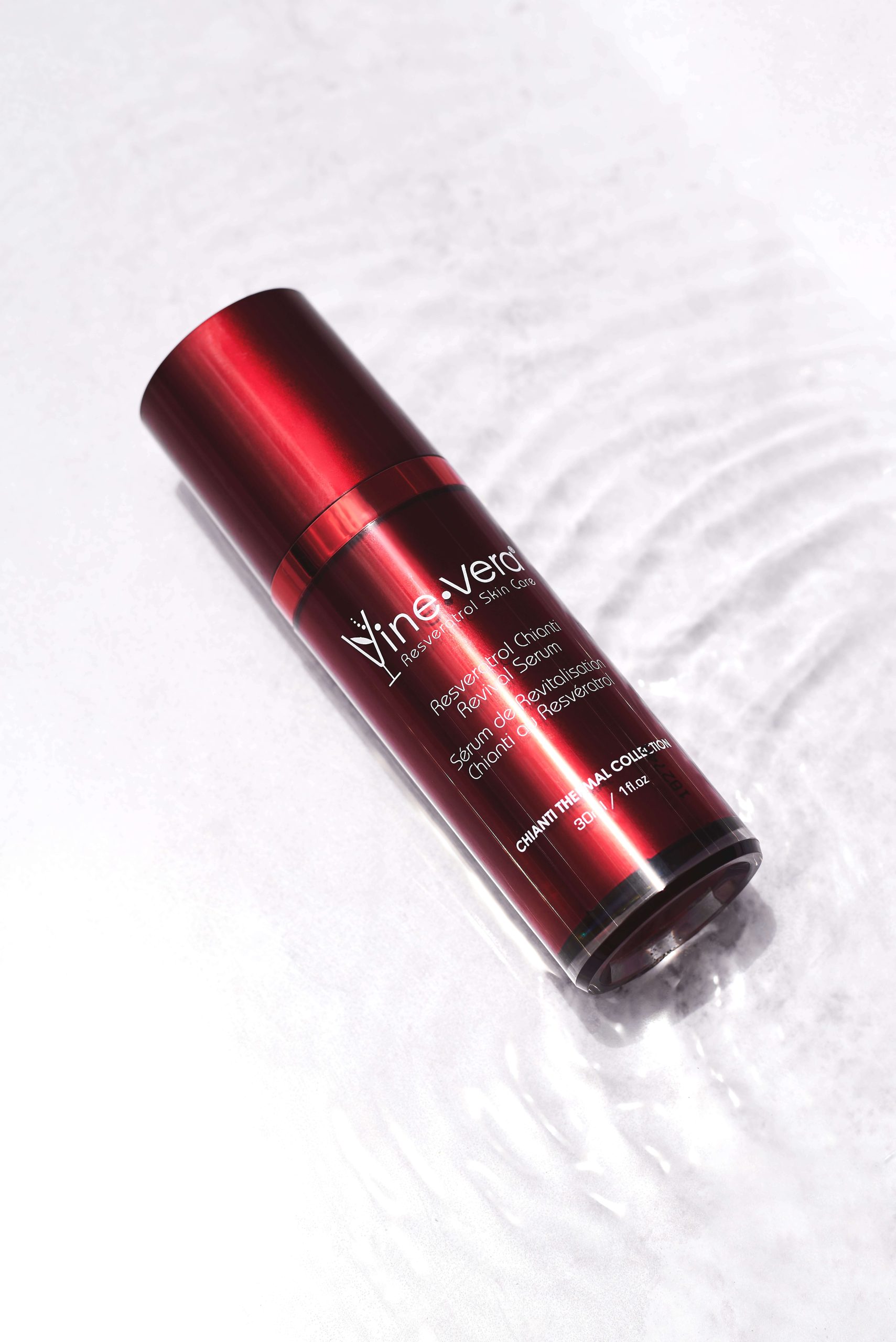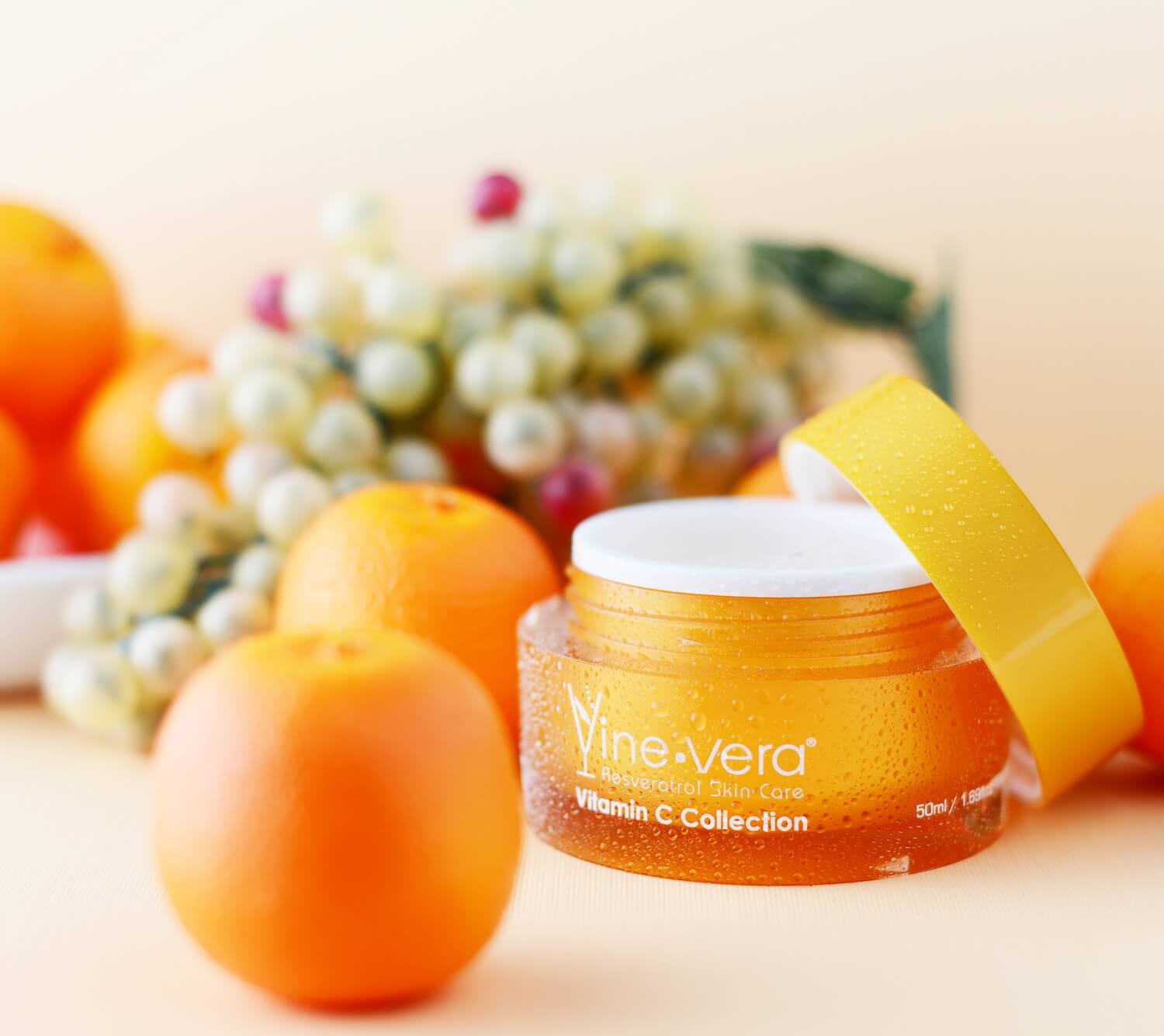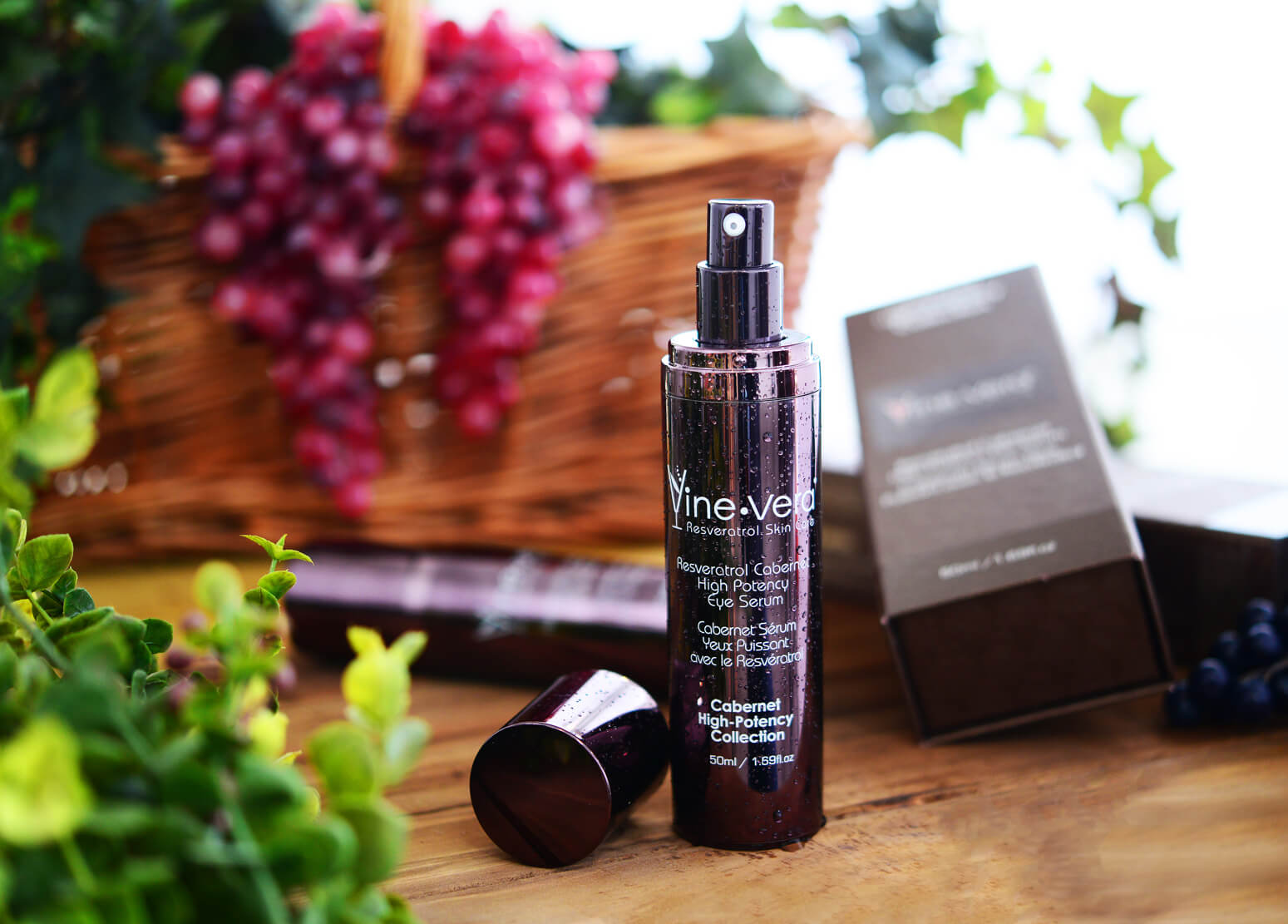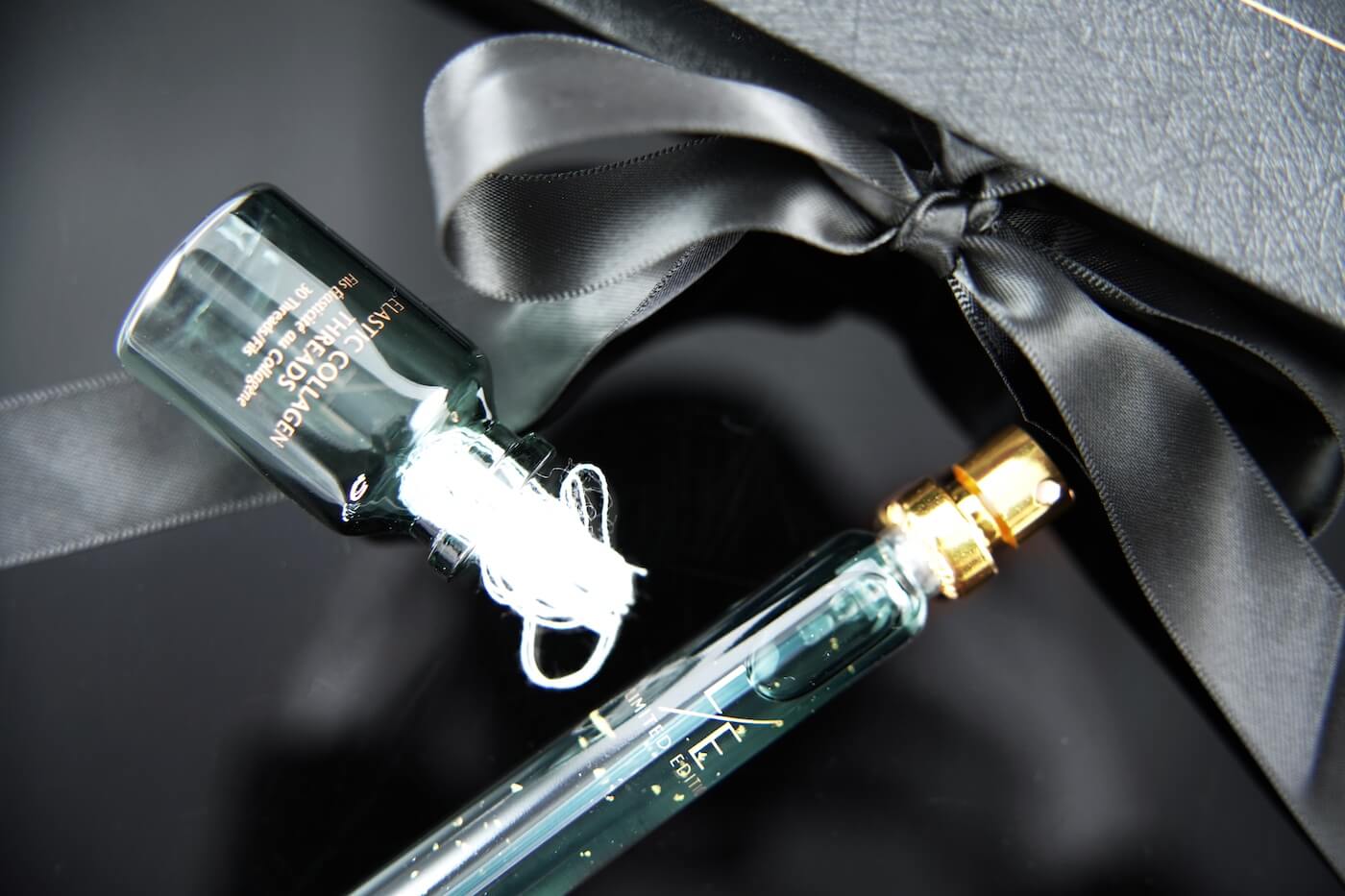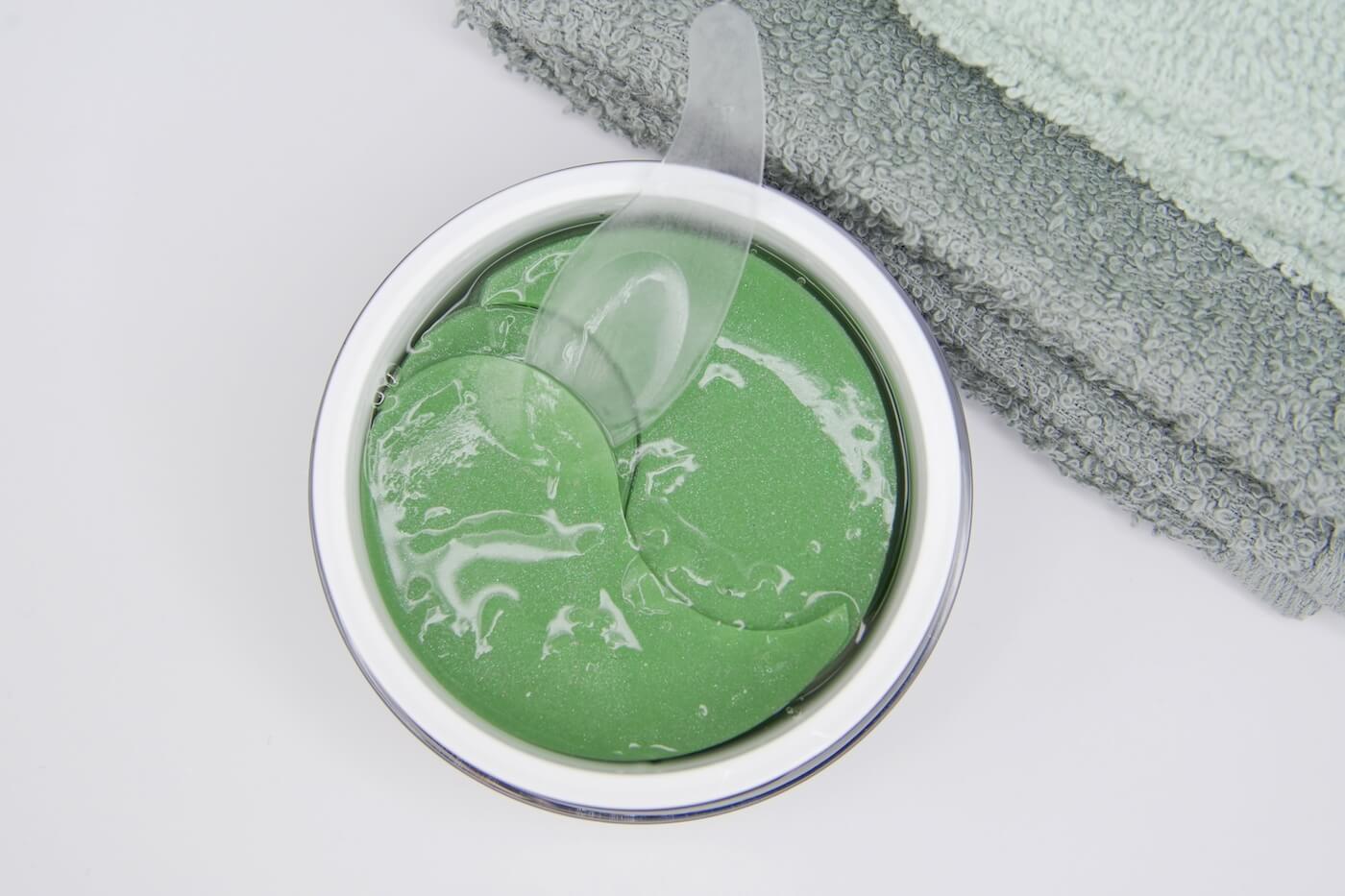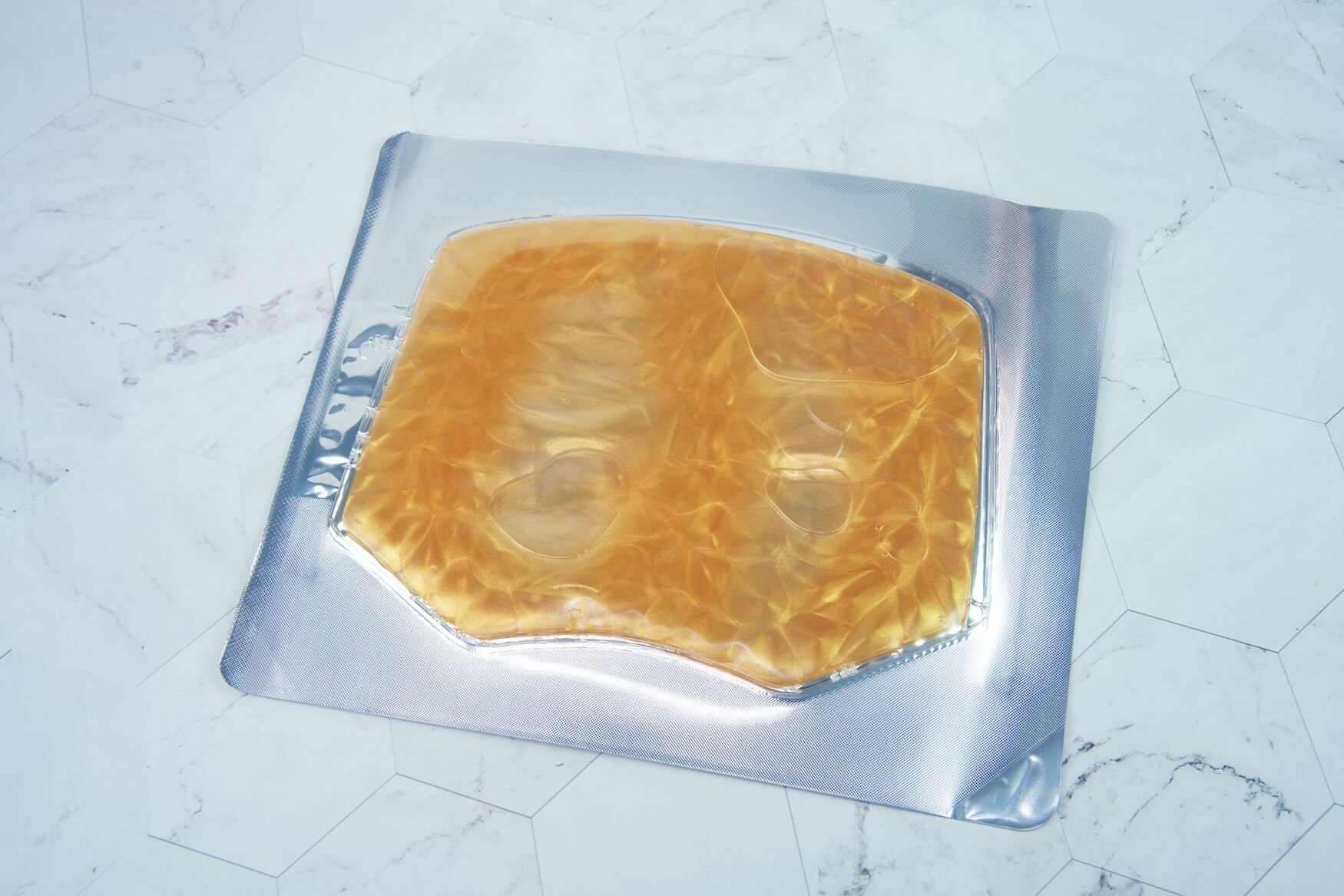
The skincare industry is always evolving, but some years are undeniably more tumultuous than others. 2026 is set to be exactly that, with experts predicting a number of significant shifts that could change the direction of the industry forever.
Wondering what the future of skincare is going to look like? Read on as Vine Vera shares a tantalizing glimpse…
From Anti-Aging to Longevity
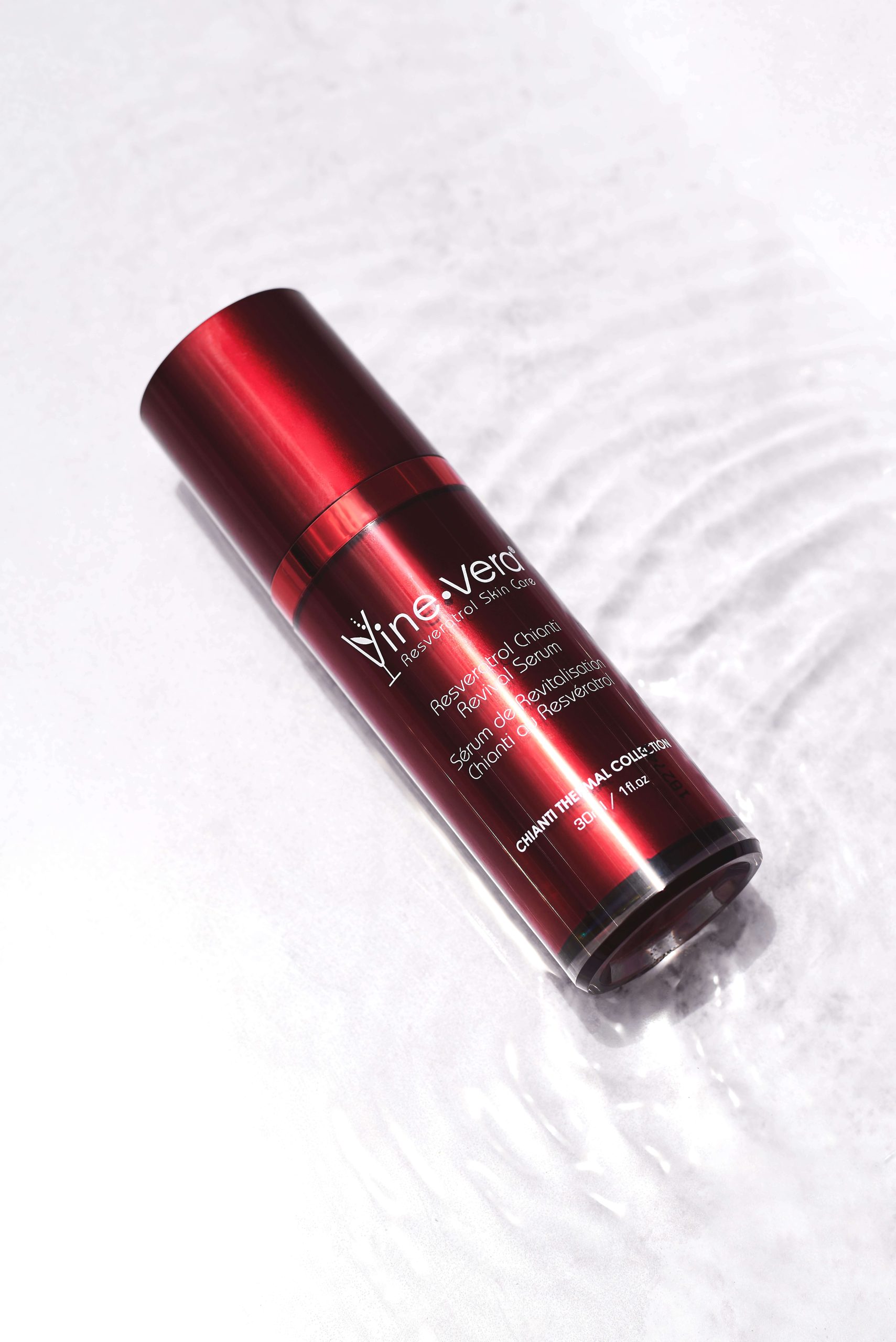
Anti-aging has long since been a primary focus of the skincare industry. Many people only make their first foray into skincare once they start to notice the visible signs of aging creeping up on their skin.
The younger generations have been noting this cycle with interest and have decided to change the game. As is always touted, prevention is better than cure, and this is exactly why Gen-Z and Millennials are pushing for an emphasis on longevity. They don’t want to know how to reduce the appearance of wrinkles – their focus is on building their skin’s resilience so that those visible signs of aging don’t show themselves in the first place, at least for a few more decades!
It’s a wise strategy, and the skincare industry is starting to respond to this by highlighting products that nurture the longevity that people are seeking. Peptides, antioxidants, and retinoids, formulated in ways that support the skin rather than trying to instigate too many changes, are taking center stage. Products like the Vine Vera Resveratrol Chianti Revival Serum will be in higher demand than ever. With this formula featuring a duo of peptides, vitamin C, resveratrol, a bounty of antioxidant-rich extracts, and several hydrating ingredients, it truly embraces the longevity trend!
Microbiome Skincare Goes Mainstream
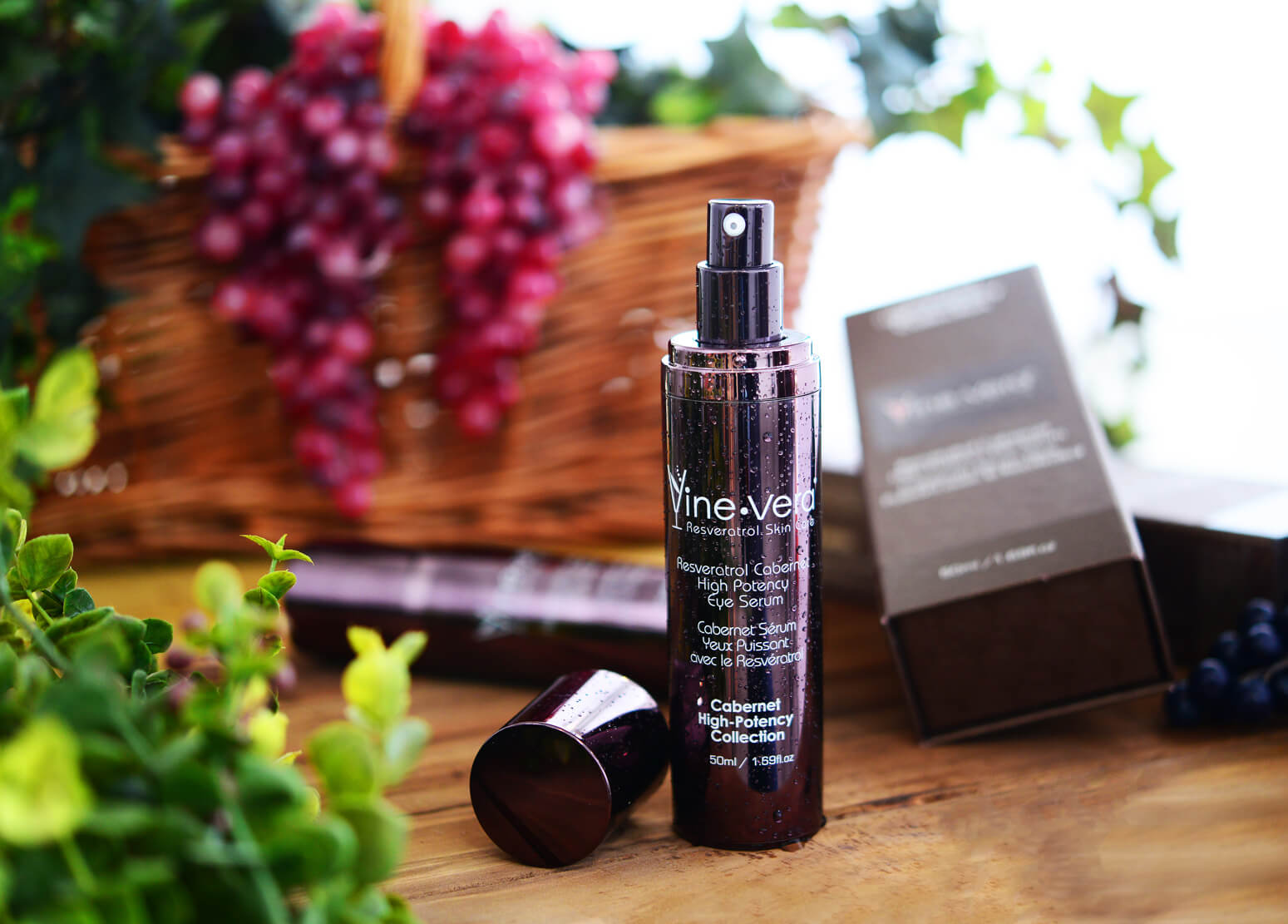
Microbiome skincare has cropped up a few times in 2025. However, up until now, it has always been considered quite niche. This is all about to change, with the future of skincare set to place a huge focus on microbiome-friendly products, techniques, and routines.
Why all the buzz about the skin microbiome? This delicate ecosystem plays a much bigger role in skin health than many realize. It works hand-in-hand with the skin barrier, forming a large component of the skin’s natural defense mechanisms. It also maintains pH, controls inflammation, and more. When the skin’s microbiome is off-balance, everything from acne to sensitivities becomes a prevalent problem.
So, what does microbiome skincare involve? You’ll see plenty of it in 2026, with these products featuring gentle, supportive ingredients. It’s no longer enough for products to simply not damage the skin barrier. Instead, they need to keep that barrier feeling strong and resilient, which also happens to fall in line with the longevity trend we discussed above. Skincare containing postbiotics, like the Vine Vera Resveratrol Cabernet High Potency Eye Serum, will likely be particularly popular, with these ingredients leaving both the skin barrier and the skin microbiome feeling fortified.
DIY Takes a Dive
People have been practicing DIY skincare for millennia. It’s how skincare first began, with people using natural, locally-sourced ingredients to create their own products. That knowledge and those skills have been passed through the generations. Many people today still choose to whip up their own skincare products.
While that may be the case, this is a practice that is now very much on the decline. Why? For a few reasons, with the first being that people are starting to understand how difficult it is to create DIY products that are consistently effective. There are so many variables to consider, making it impossible to ensure that you’re always giving your skin the nutrients it needs.
Social media hasn’t helped either. You’d think that having access to so much information would be beneficial. However, it has instead led to people experimenting with DIY skincare recipes that have caused serious damage to their skin. From lemon juice to baking soda, these ingredients often do more harm than good. Unfortunately, skincare newbies have been paying the price, hence the big shift away from DIY skincare.
The Biotech Boom
Biotechnology is an exciting field. It brings together biology and technology, mimicking nature but giving it a twist that elevates the potency or efficacy of the resulting ingredient. It’s paving the path for the future of skincare, with biotechnology also falling perfectly in line with the increasing demand for sustainability. More often than not, it’s much more environmentally-friendly to produce a nature-identical ingredient in a lab on a large scale than it is to farm that ingredient or harvest it in the wild.
Biotechnology has already been making a mark on the skincare world. It’s no stranger to us here at Vine Vera. We make use of biotechnology in many ways, with our signature ingredient – resveratrol ferment extract – all thanks to how biotechnology enables one of the most powerful antioxidants around to go through a fermentation process. This breaks the resveratrol down in a way that makes it much more bioavailable.
Experts predict that biotechnology is really going to take off in 2026. All of the trends that we’re talking about today? Biotechnology will play a role in each one. From the creation of new ingredients that focus on longevity to compounds that support the skin barrier like no other, these ingredients will also be formulated in a way that enhances absorption, providing truly impressive results.
The Integration of Technology
Biotechnology is already an undeniably impressive use of technology in skincare. However, it doesn’t stop there…
Technology is being integrated into skincare in so many new ways. It has cemented itself as an integral part of the future of skincare. One of the primary drivers for this is that consumers are now expecting so much more when it comes to the results provided by their skincare products. They’re no longer willing to wait months just for the chance of seeing an improvement in their complexions. They want action much faster than that, and technology is allowing for this.
In 2026, you can expect to see tech become an even bigger part of the skincare industry. From packaging components that also offer microcurrent delivery to thermal elements incorporated into formulas to enhance absorption, the new year is going to see skincare go high-tech in a whole new way.
Biohacking Skincare
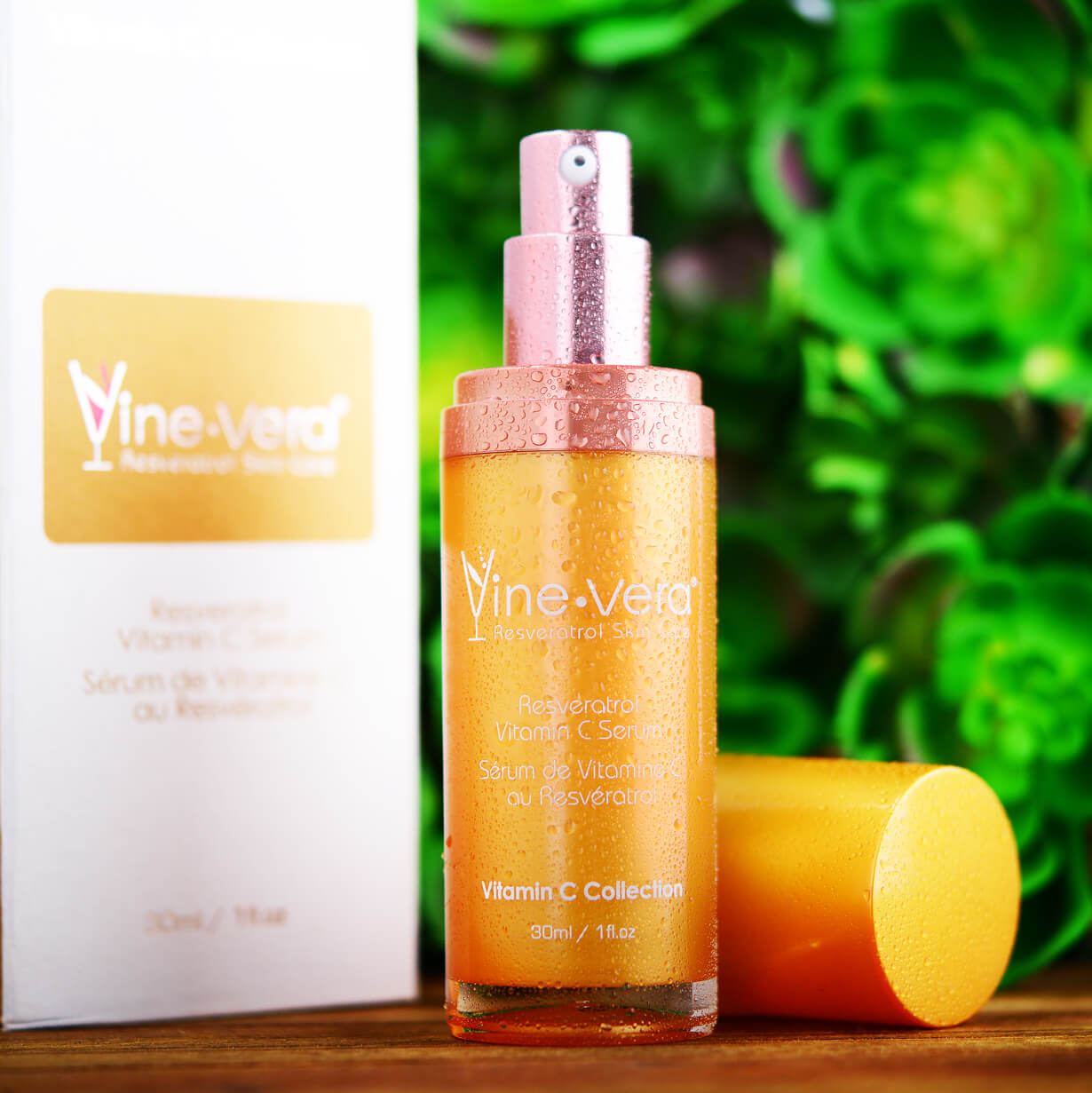
Another way in which technology is contributing to the endless quest for flawless skin is through the biohacking trend. This trend aims to optimize the skin’s natural processes by bringing together science, technology, and lifestyle.
It’s essentially a high-tech, holistic approach to skincare. In terms of lifestyle, biohacking places emphasis on keeping stress levels low, eating a healthy and balanced diet, regularly exercising, and getting enough beauty sleep. This is combined with a skincare routine that features advanced ingredients, like the powerful antioxidants found in the Vine Vera Resveratrol Vitamin C Serum. Technology is brought into the mix too with at-home skincare devices. LED light therapy is particularly popular, while microcurrent technology is also gaining traction.
The Rise of Neurocosmetics
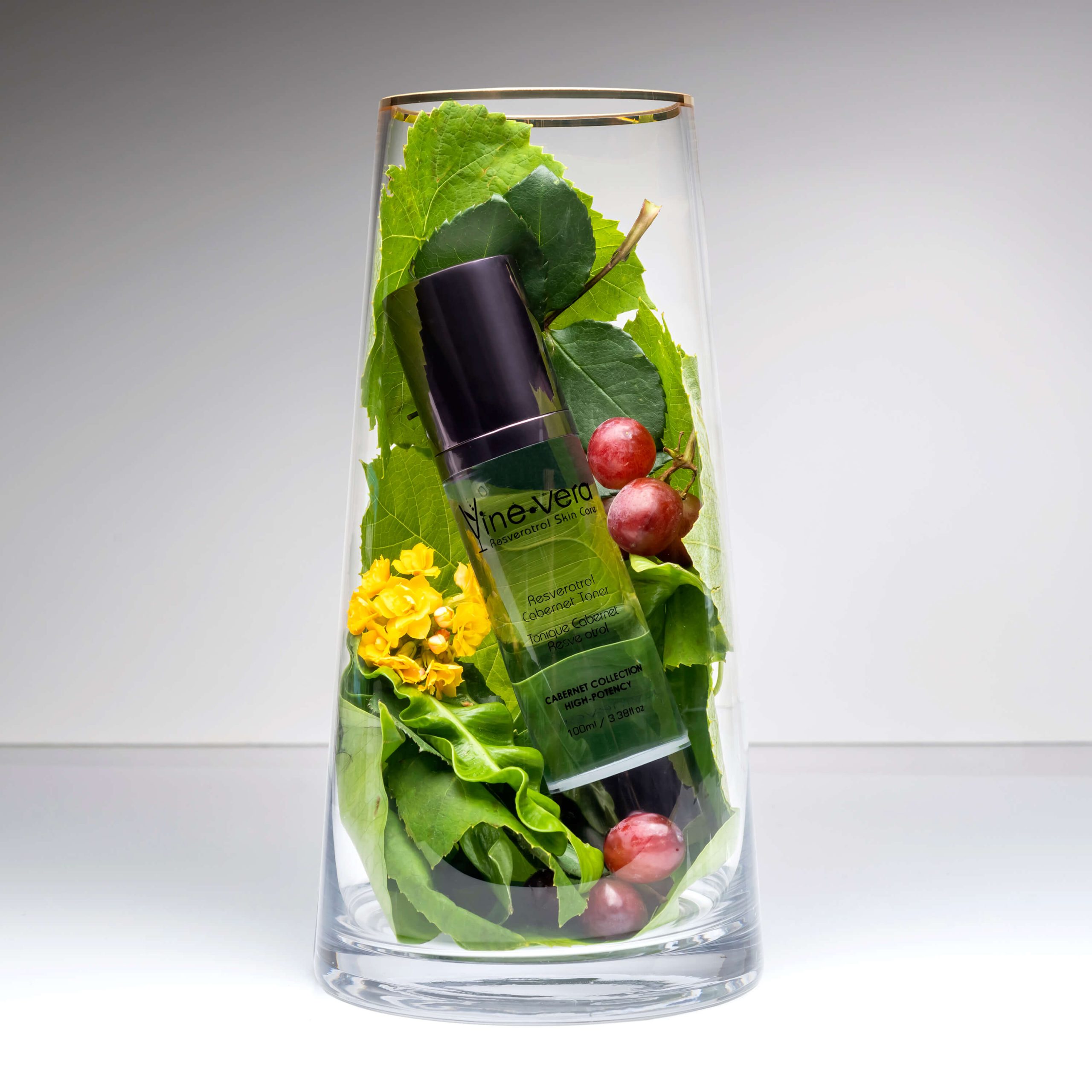
Neurocosmetics first became a buzzword back in 2024. Like with microbiome skincare, interest started to grow in 2025, and now, neurocosmetics is set to really take the skincare world by storm in 2026.
What, exactly, is it? Neurocosmetics is all about focusing on the brain-skin connection. In essence, your skincare should, in addition to helping your skin, also boost your brain/mental health. In return, your improved mental state will have a positive effect on your complexion.
How does this actually work? Certain ingredients are known for stimulating the mind. Chamomile, for example, is known for instilling a sense of calmness in the mind while also leaving the skin feeling soothed. Meanwhile, cucumber fruit extract has a similar effect, with its fresh aroma imparting the sensation of peace and tranquility. Coincidentally, both ingredients can be found in the Vine Vera Resveratrol Cabernet Toner – a product designed to leave the skin feeling relaxed and rebalanced.
The Infiltration of AI
AI is quickly making its way into so many different aspects of life, so it should come as no surprise that it has infiltrated the skincare industry too…and in a big way. Whether you love it or hate it, just about all of the experts agree that AI is going to be playing a huge role in the future of skincare.
Skincare enthusiasts are already turning to AI for personalized skin analysis. Their smartphone cameras enable them to scan their faces, after which AI not only provides an objective assessment of the skin, but also gives tailored product recommendations and skincare routine advice.
AI is also playing a part in product formulations. When used in the research and development stage, it can be incredibly useful in helping to sort through scientific research and ingredient data. This will speed up the rate at which skincare brands are able to create products that are more effective than ever, while also being completely safe.
Body Care Gets an Upgrade
Skincare for the face is often considered to be more important than skincare for the body. After all, the skin on the body is tougher and thicker than facial skin. This means that it’s more resilient…although it still requires a certain level of care, something that it often doesn’t receive.
This is set to change in 2026. Body care products are expected to get an upgrade. Many skincare brands are now elevating their body care formulations with ingredients that have traditionally only been used in facial skincare products. Peptides, vitamins, antioxidants, and more will all start to make their way into body care products. This really highlights the importance of nurturing the skin from head to toe.
The Future of Skincare
As you can see, there are some big changes in store for skincare in 2026. Technology plays a big part in this in a few different ways, but other shifts will influence the industry too, with the upcoming year set to be dynamic and exciting.
Click here to boost your 2026 skincare routine with Vine Vera’s bestselling skincare products.




 A.U.
A.U. B.R.
B.R. C.A.
C.A. M.X.
M.X. C.H.
C.H.
